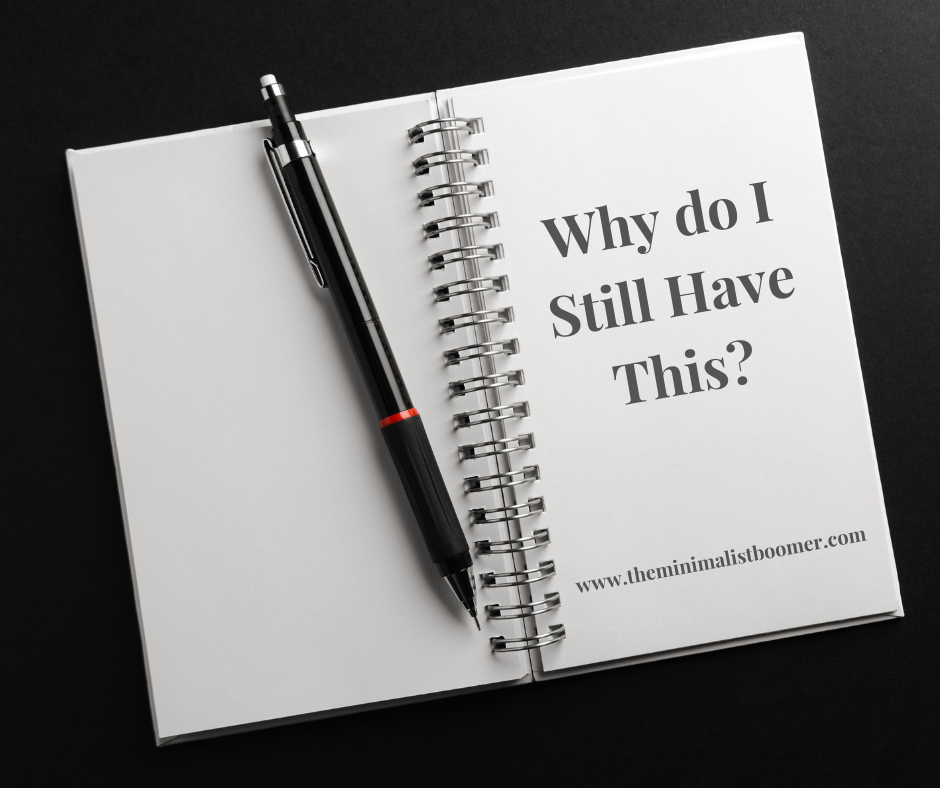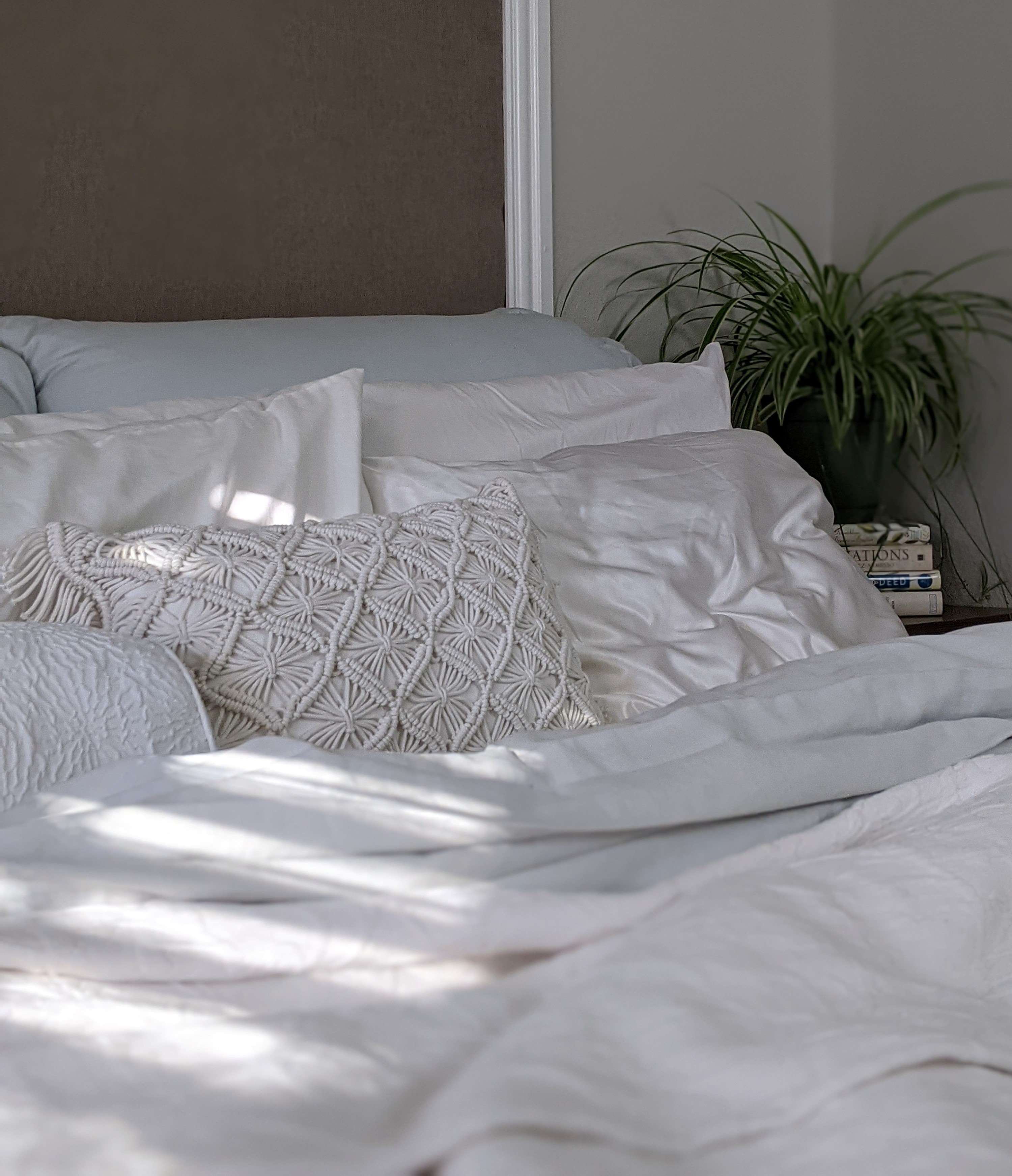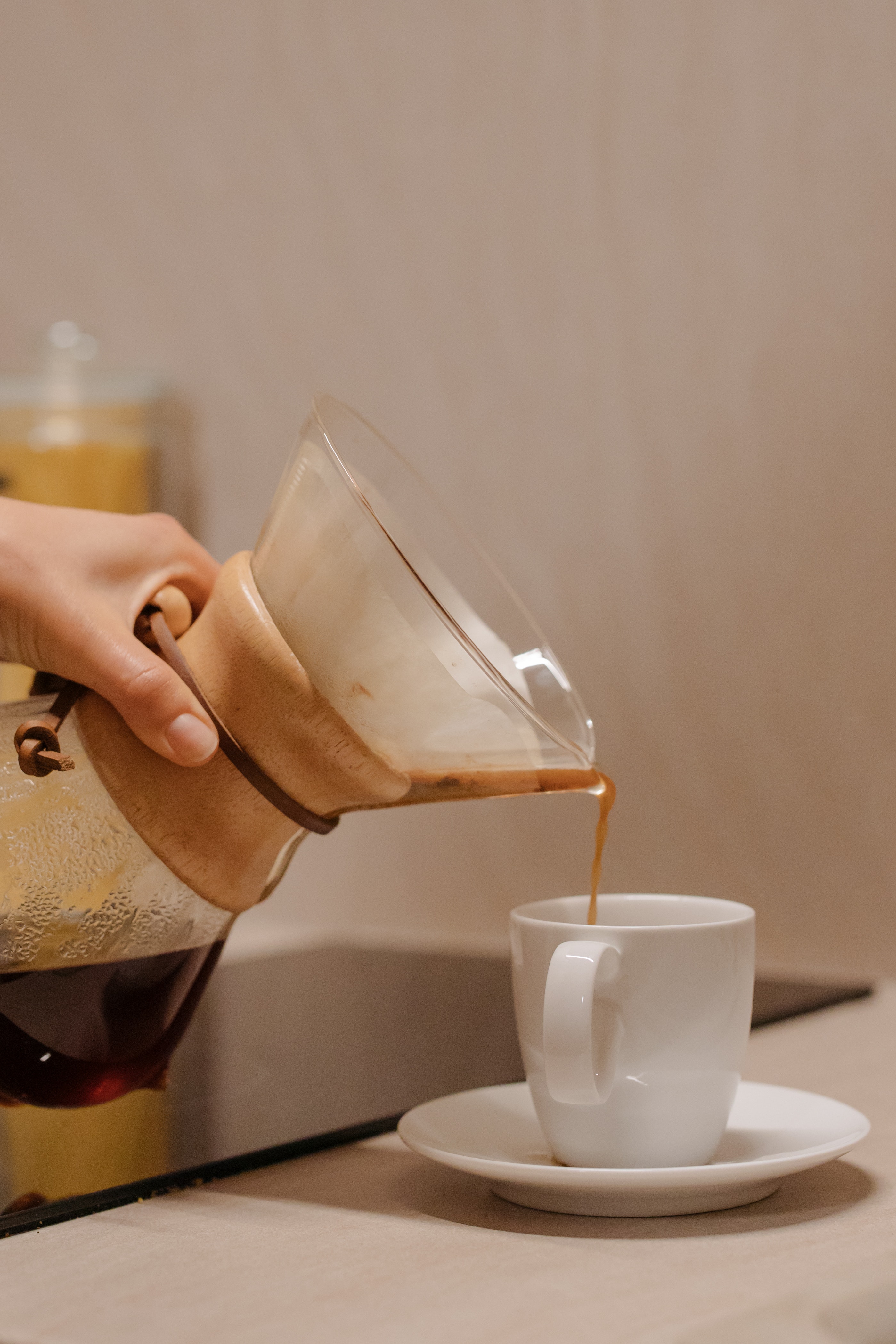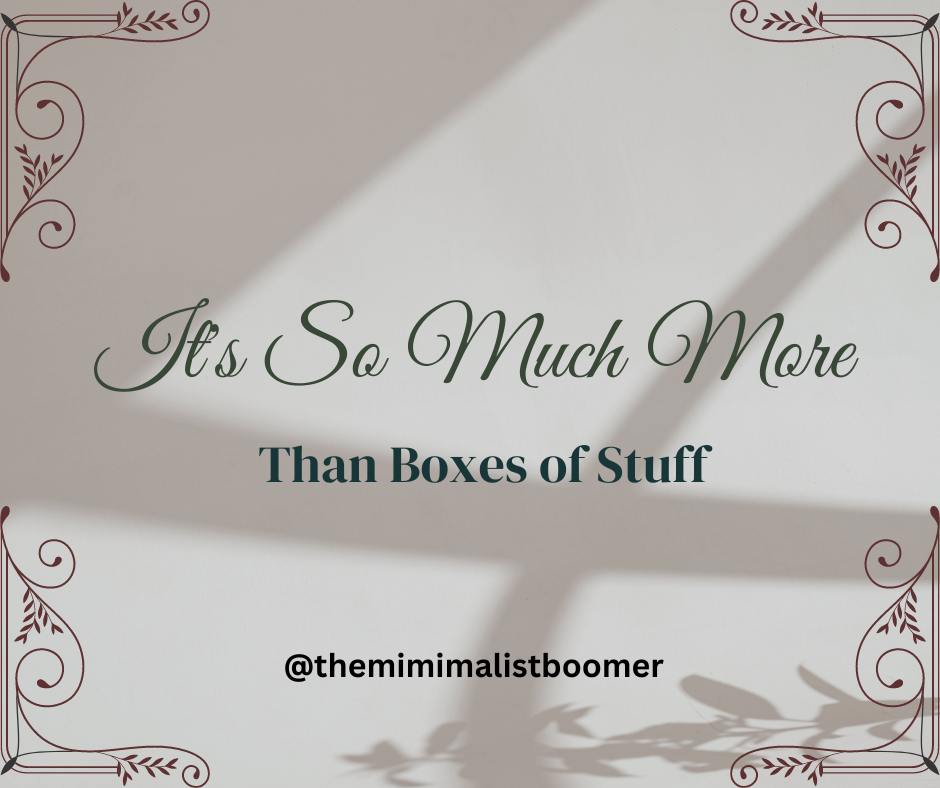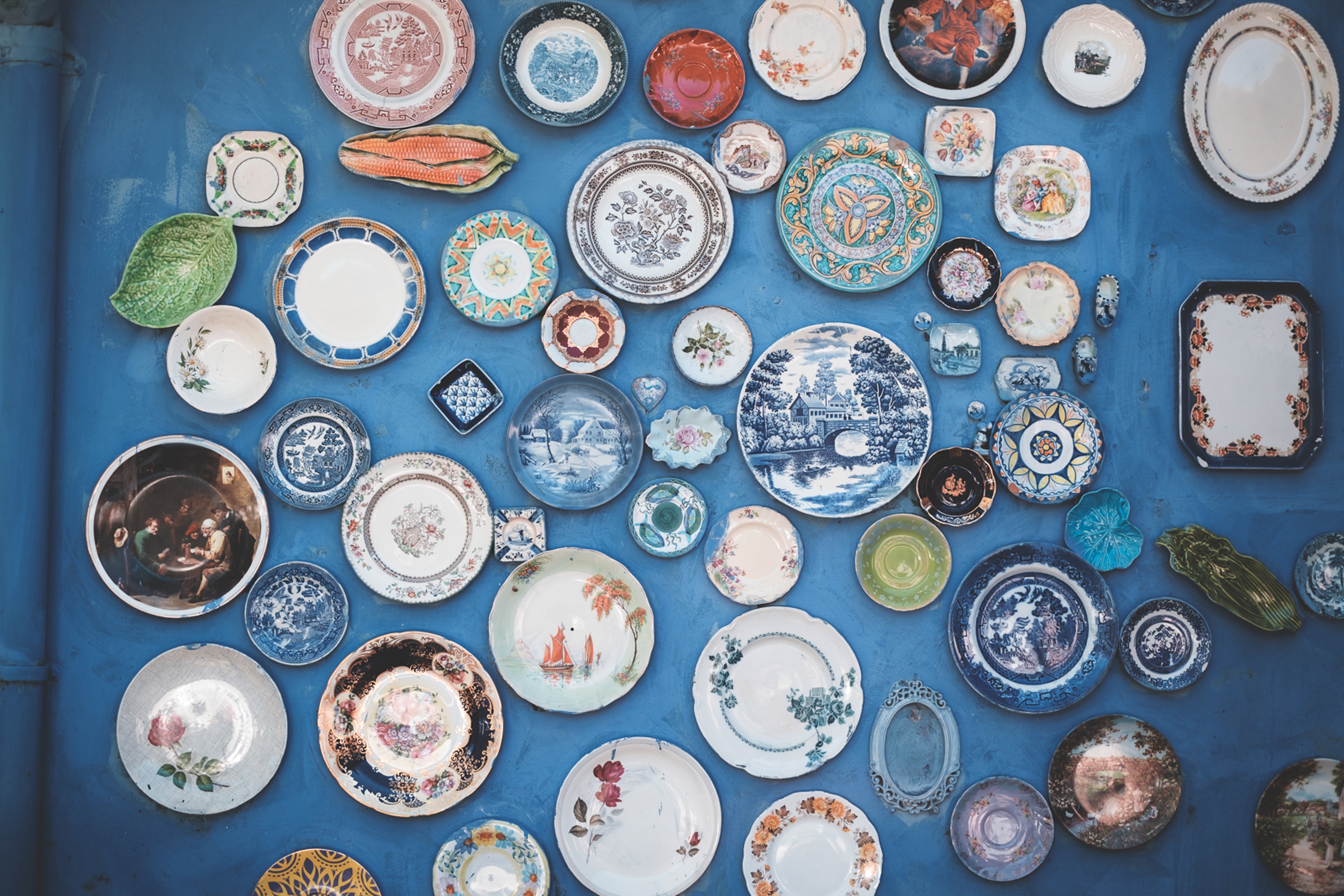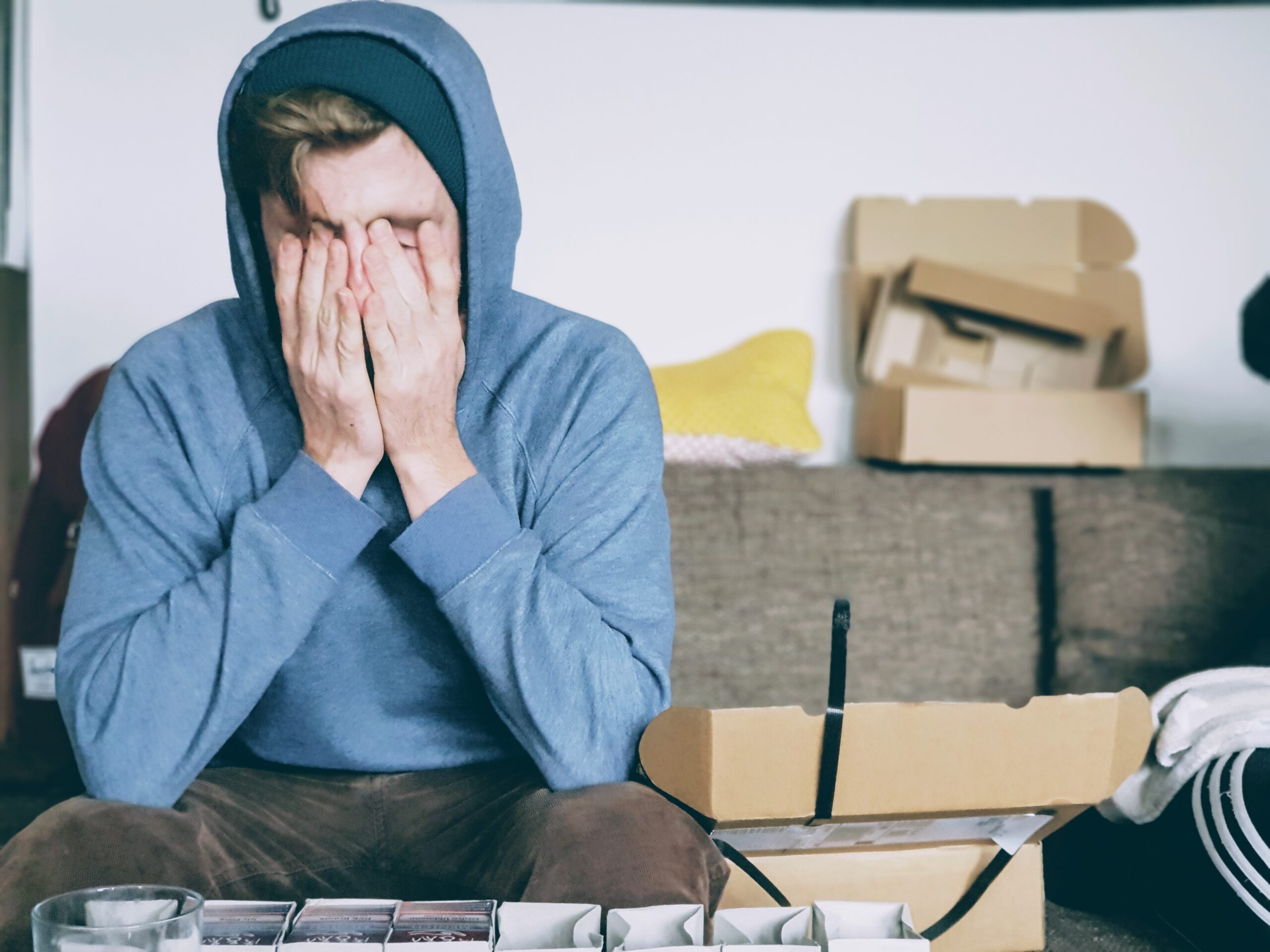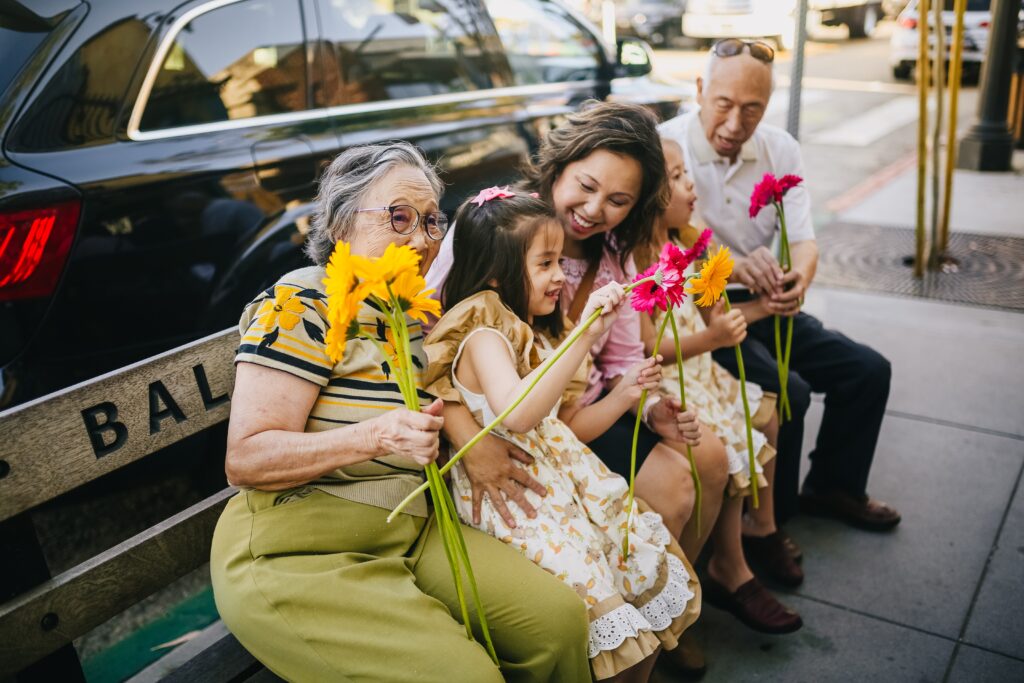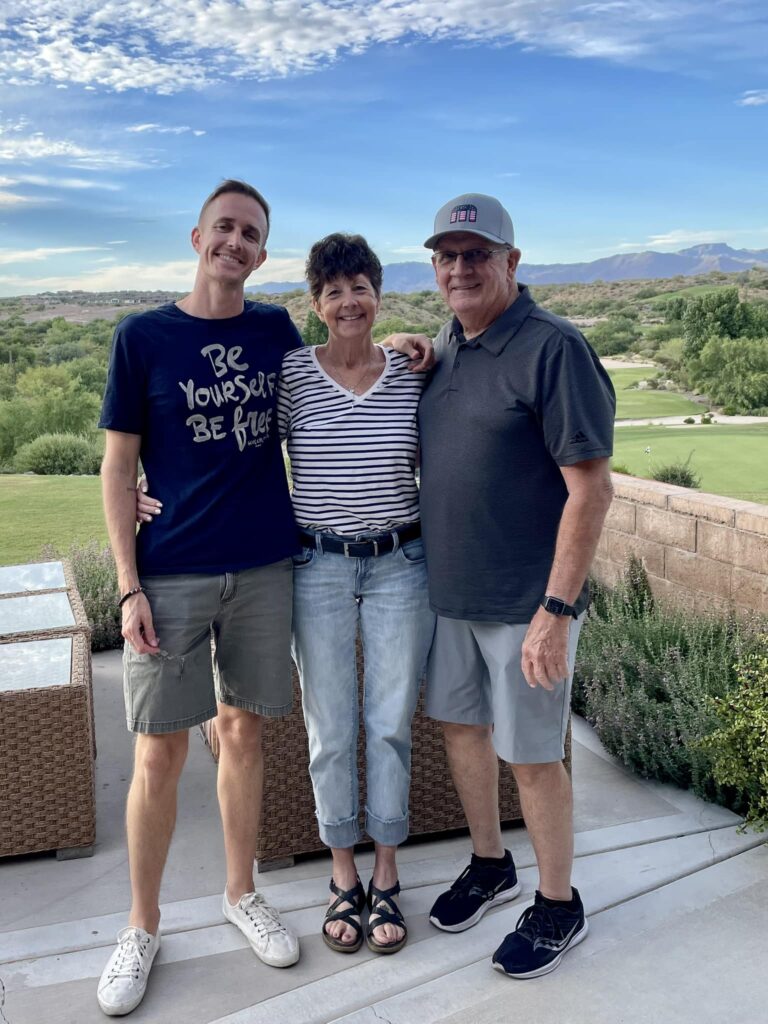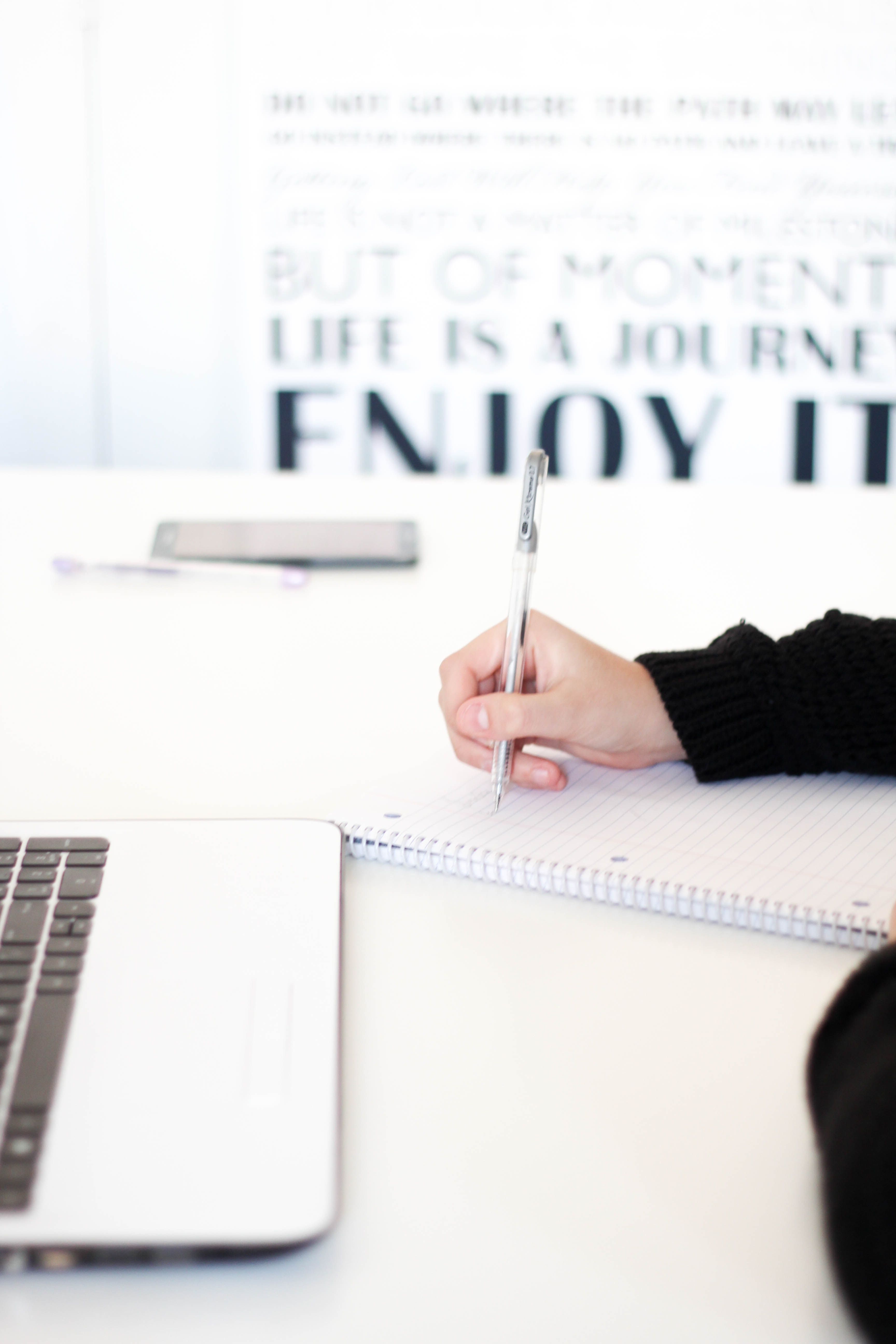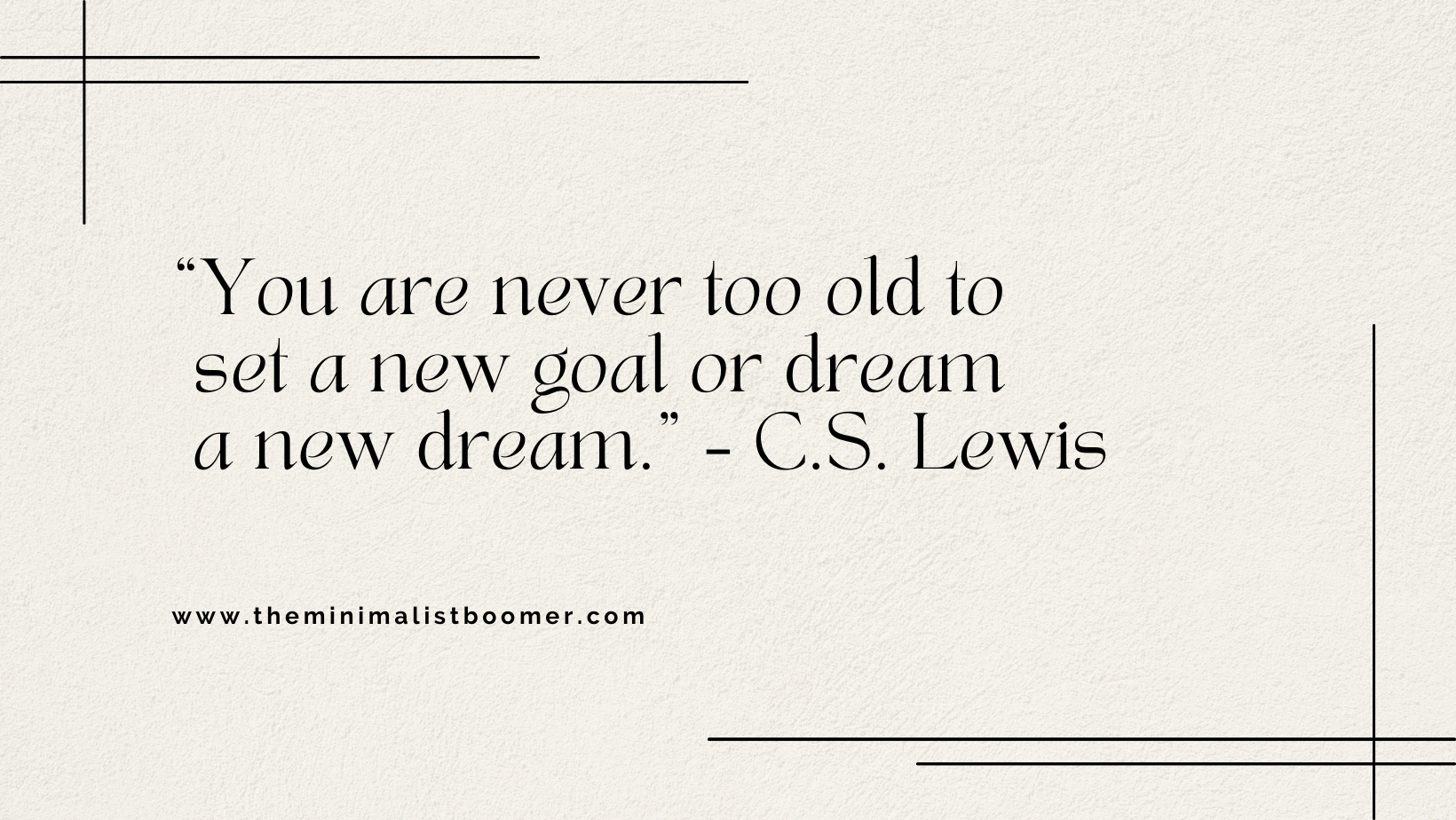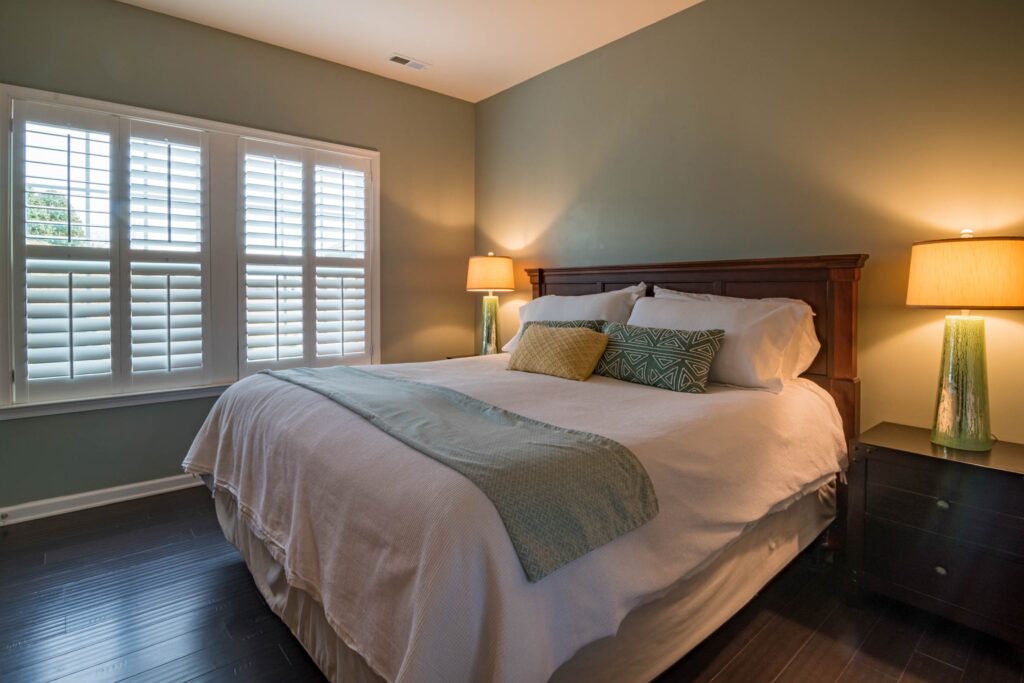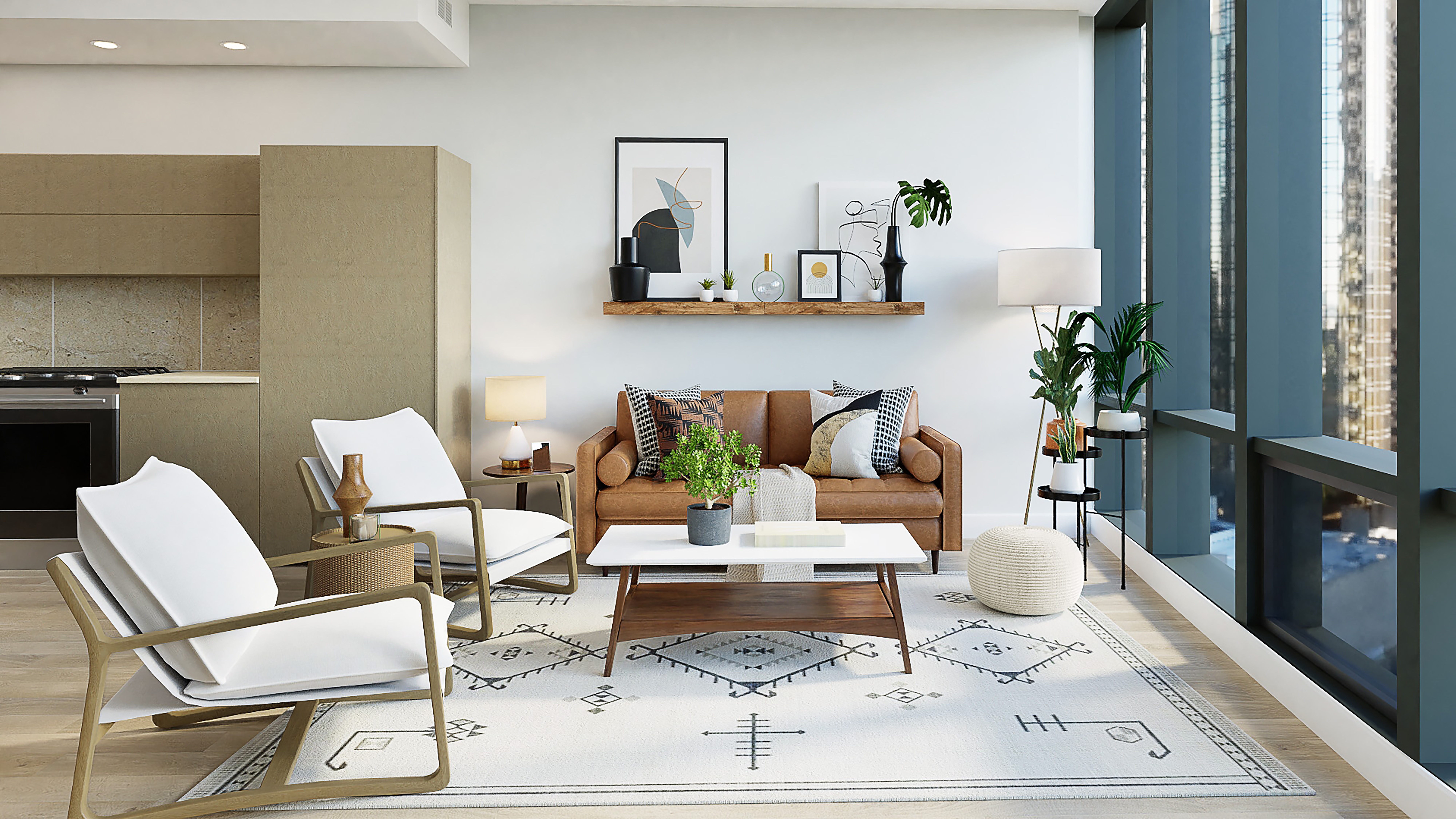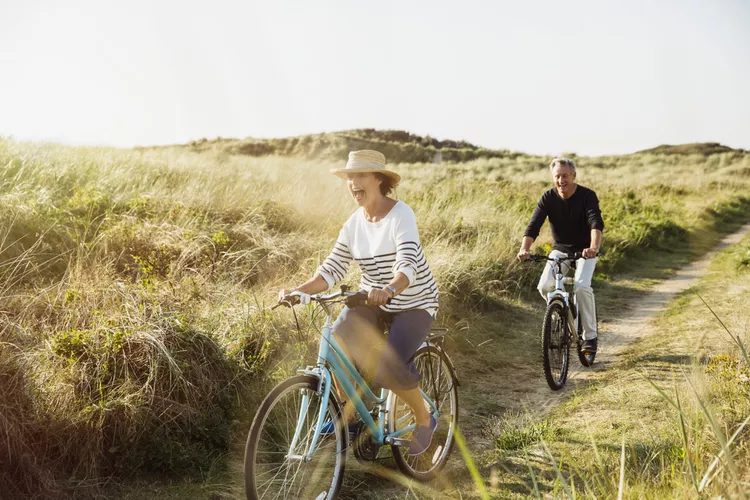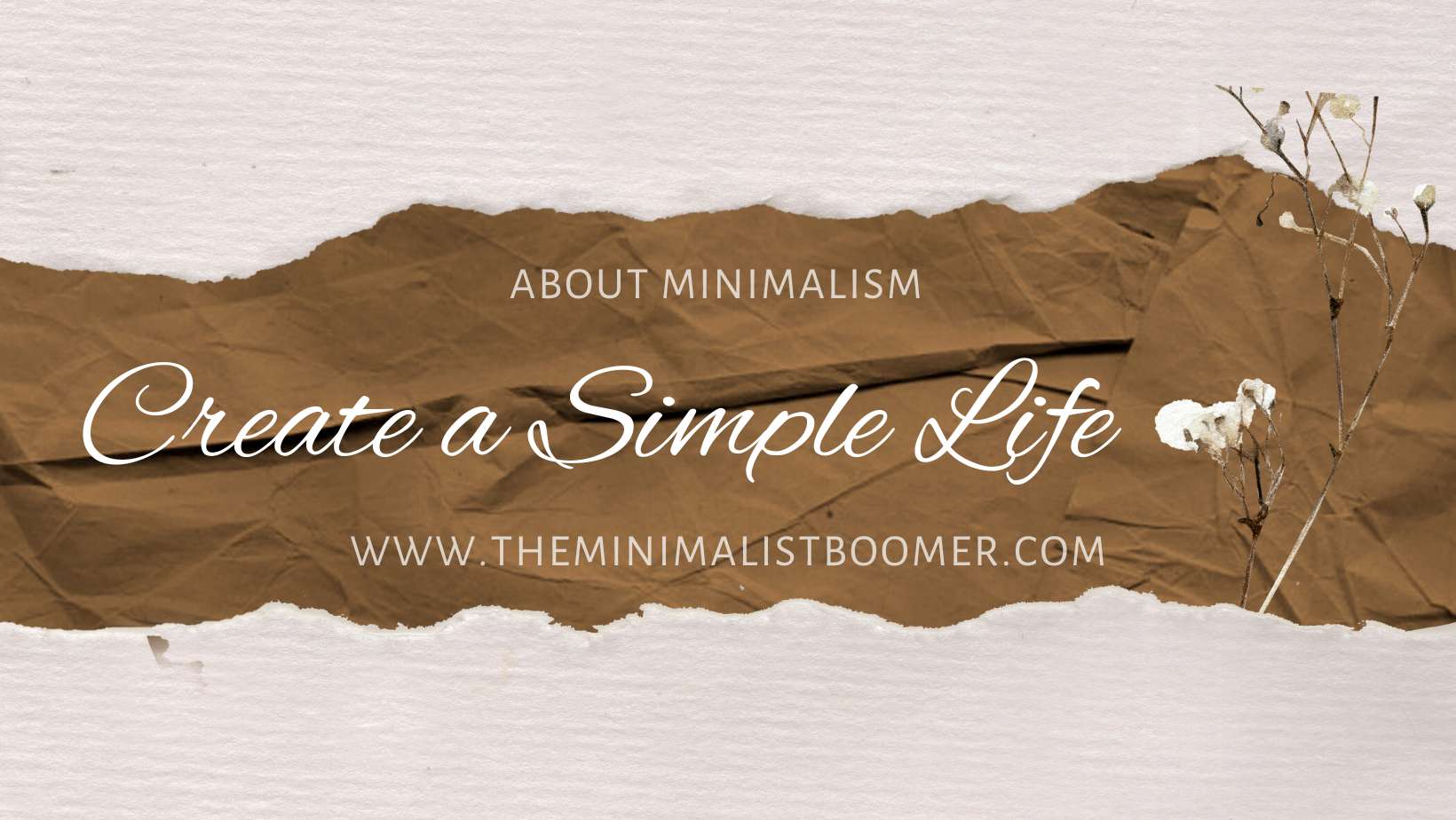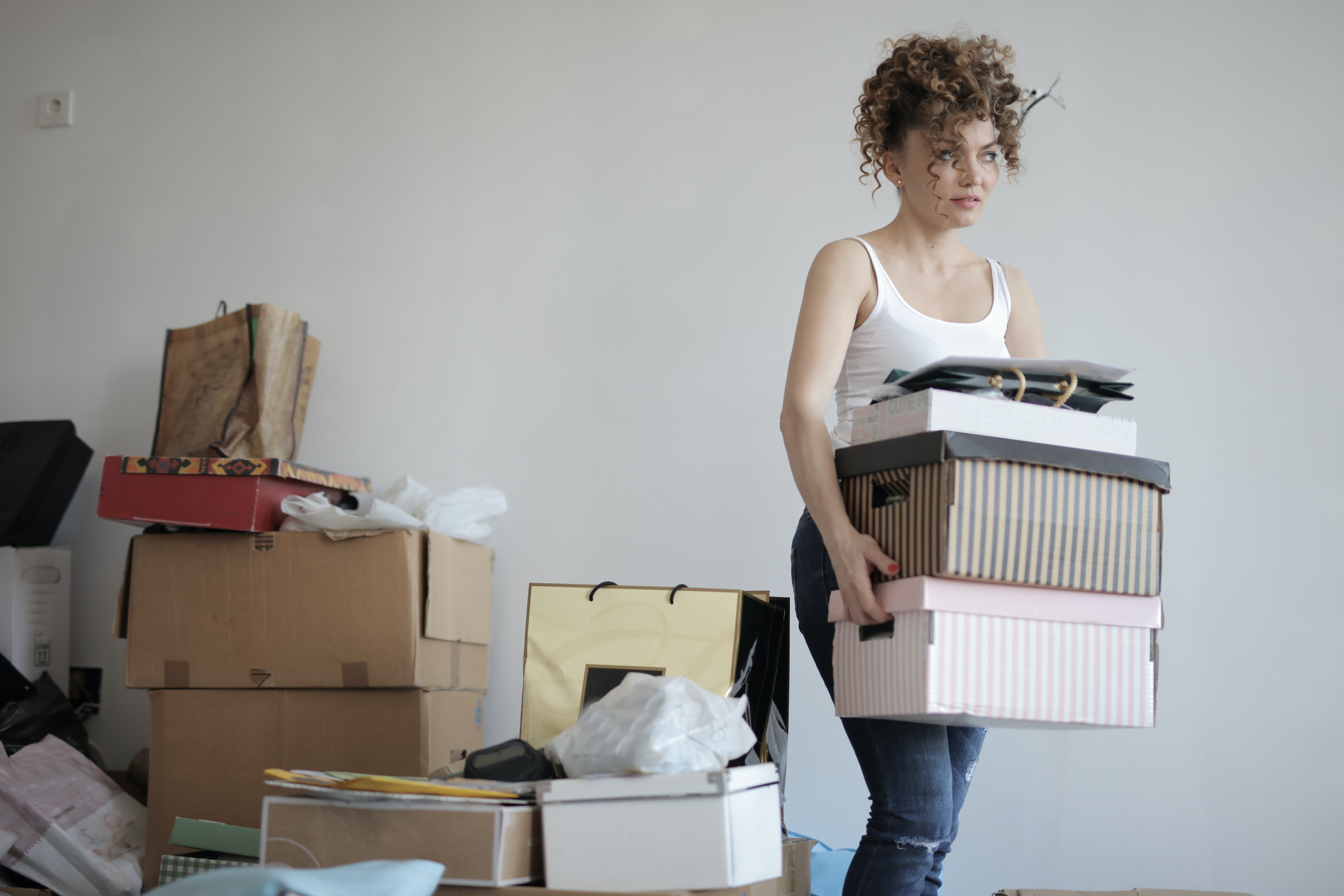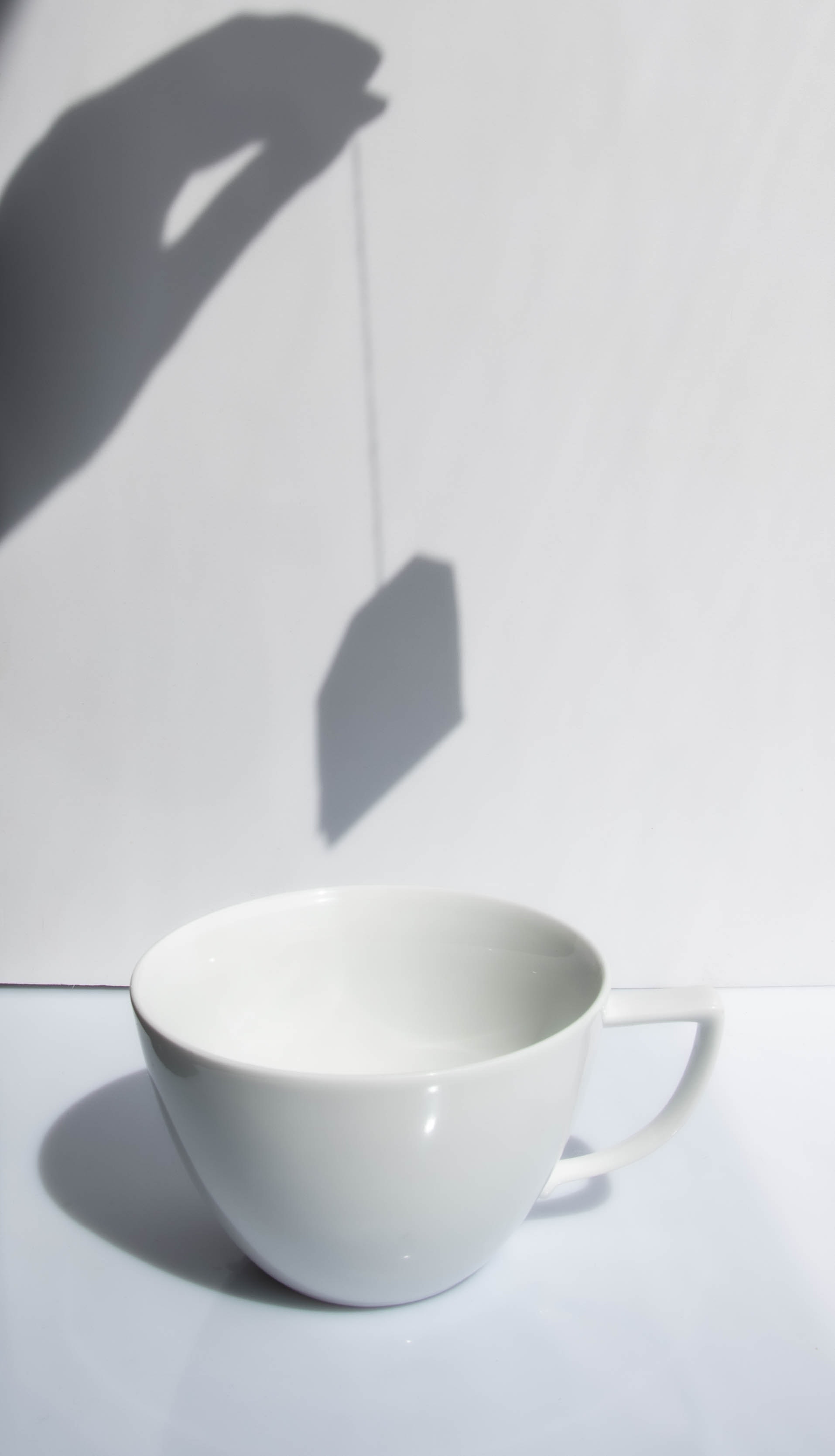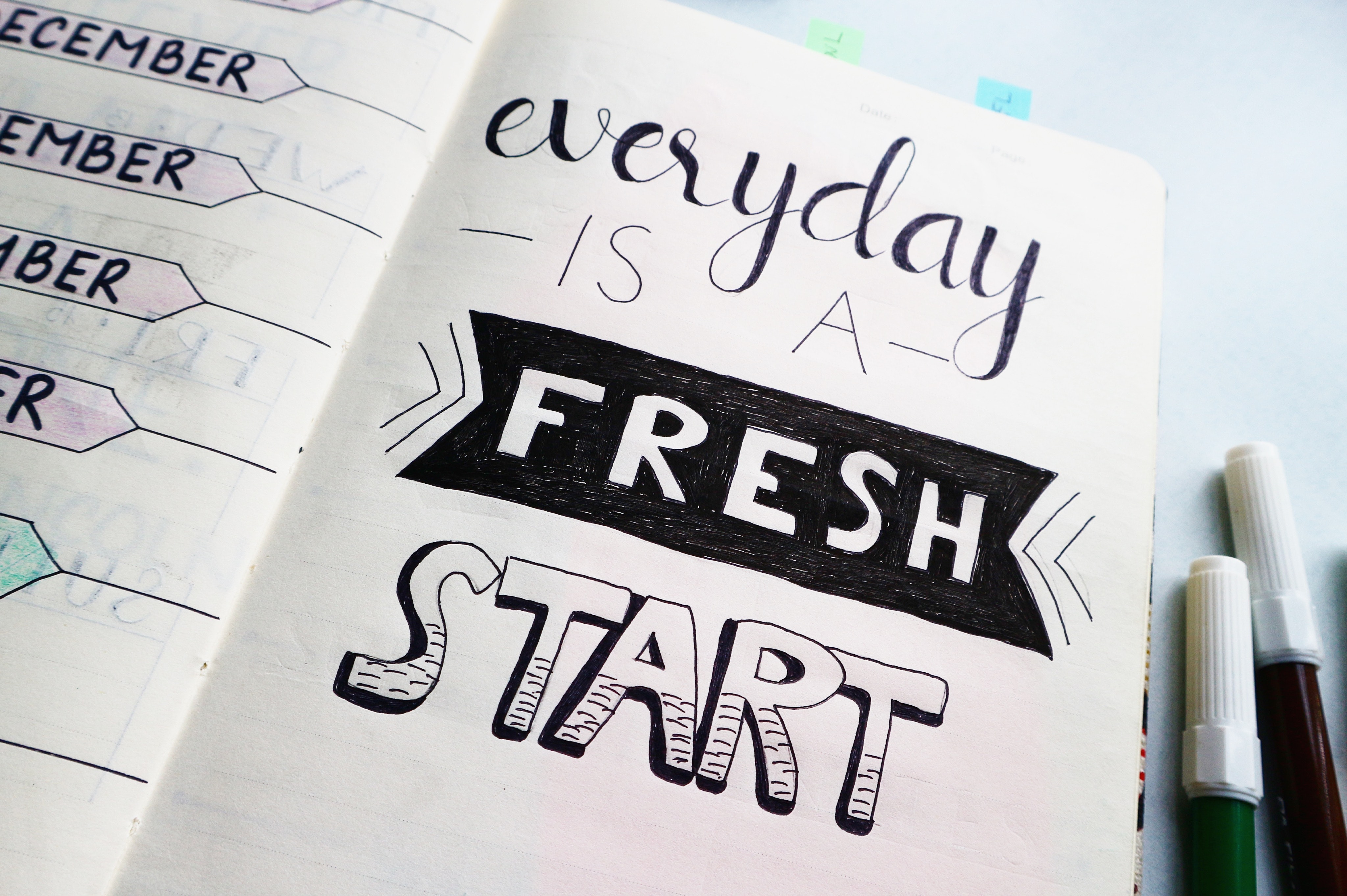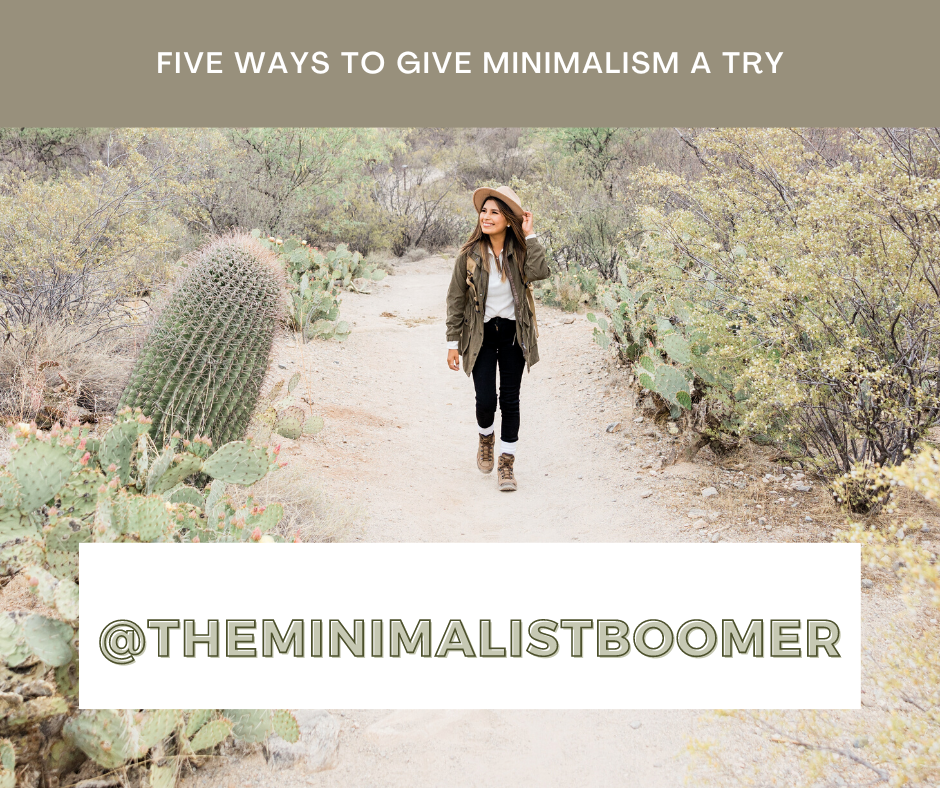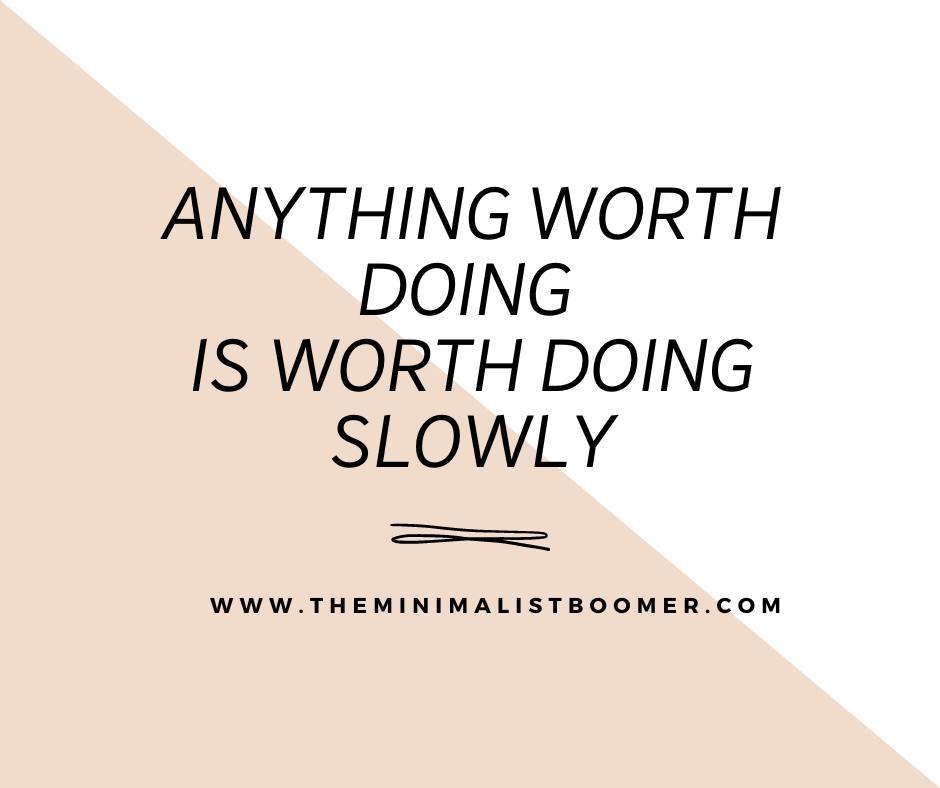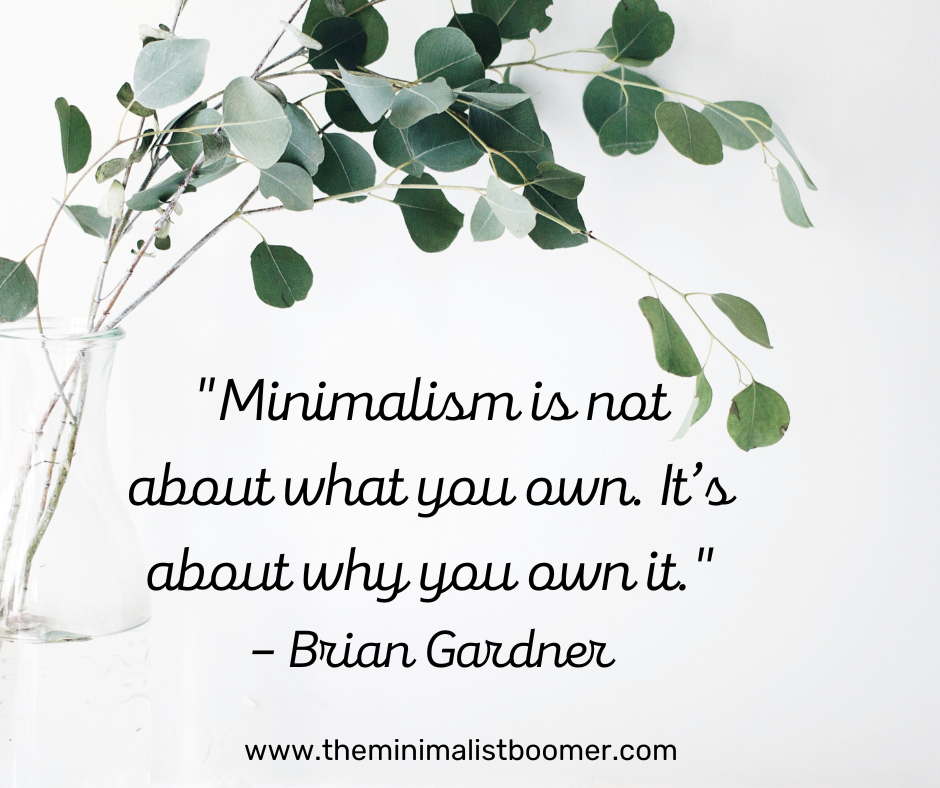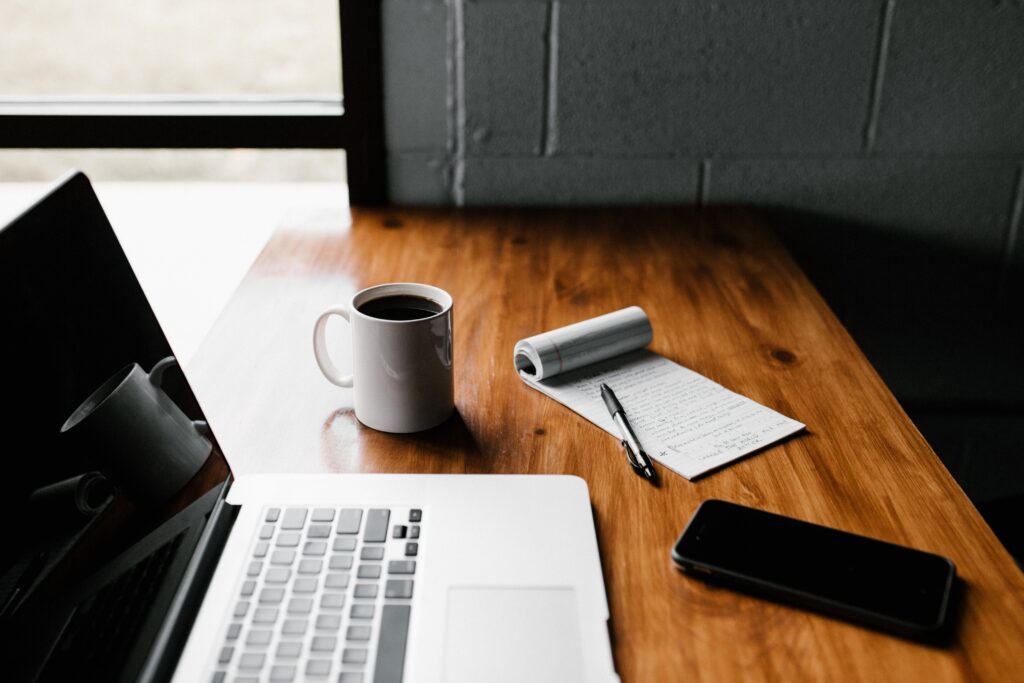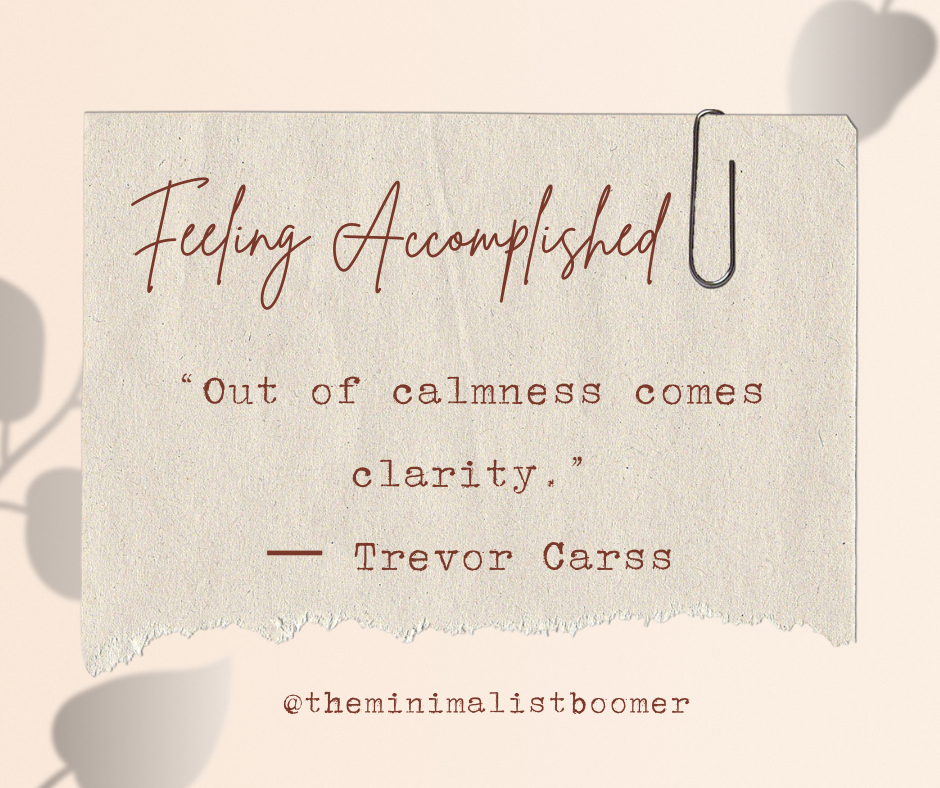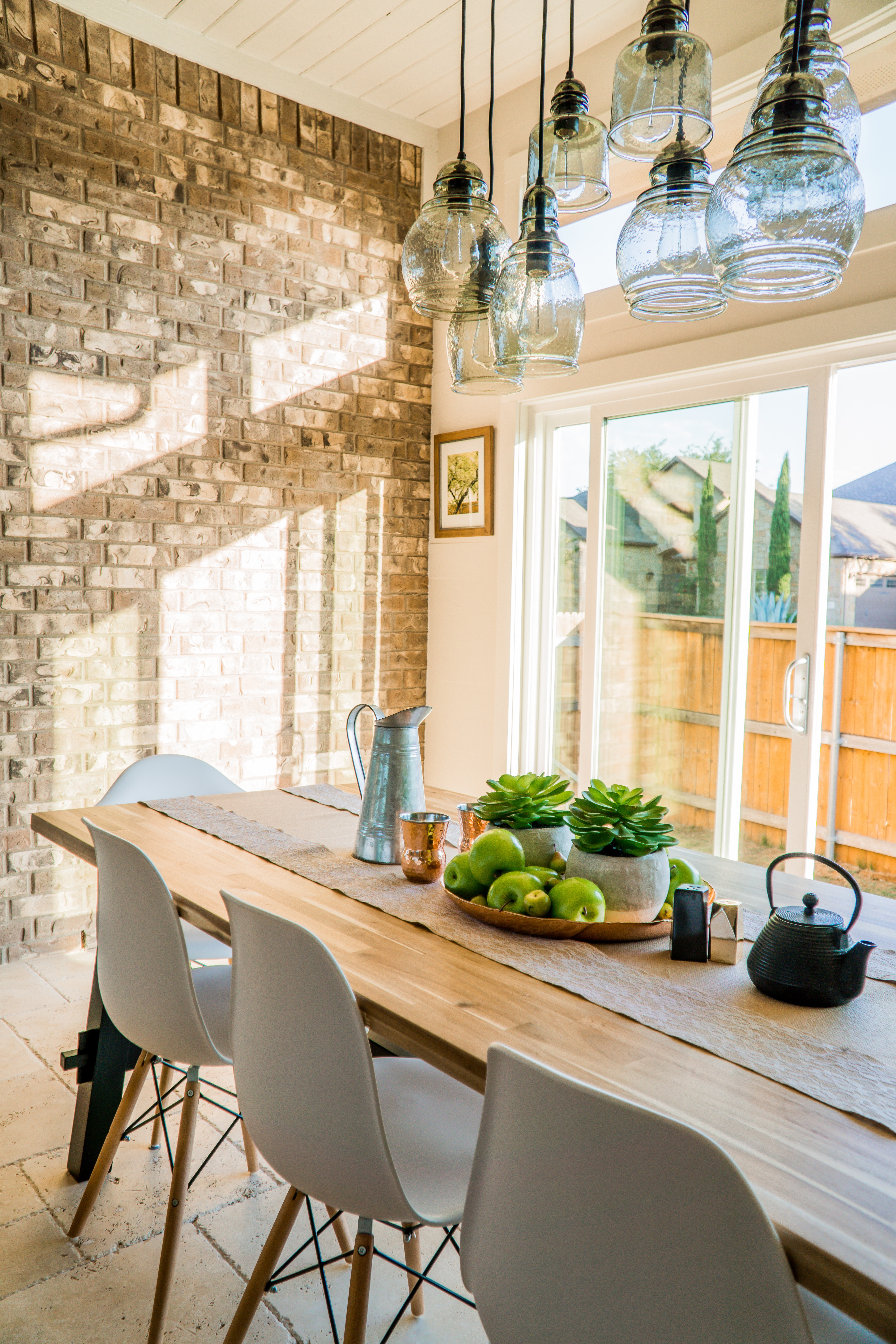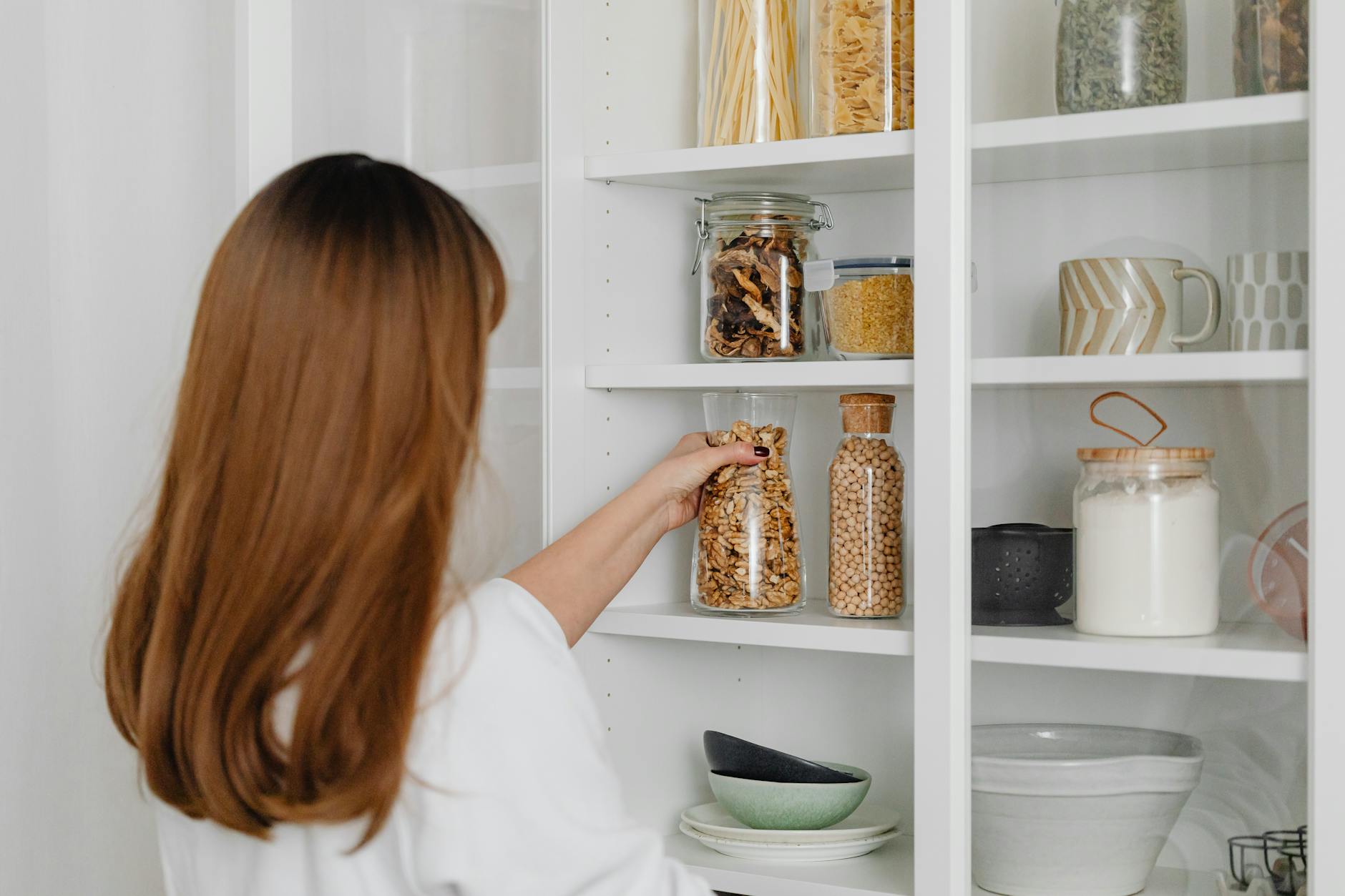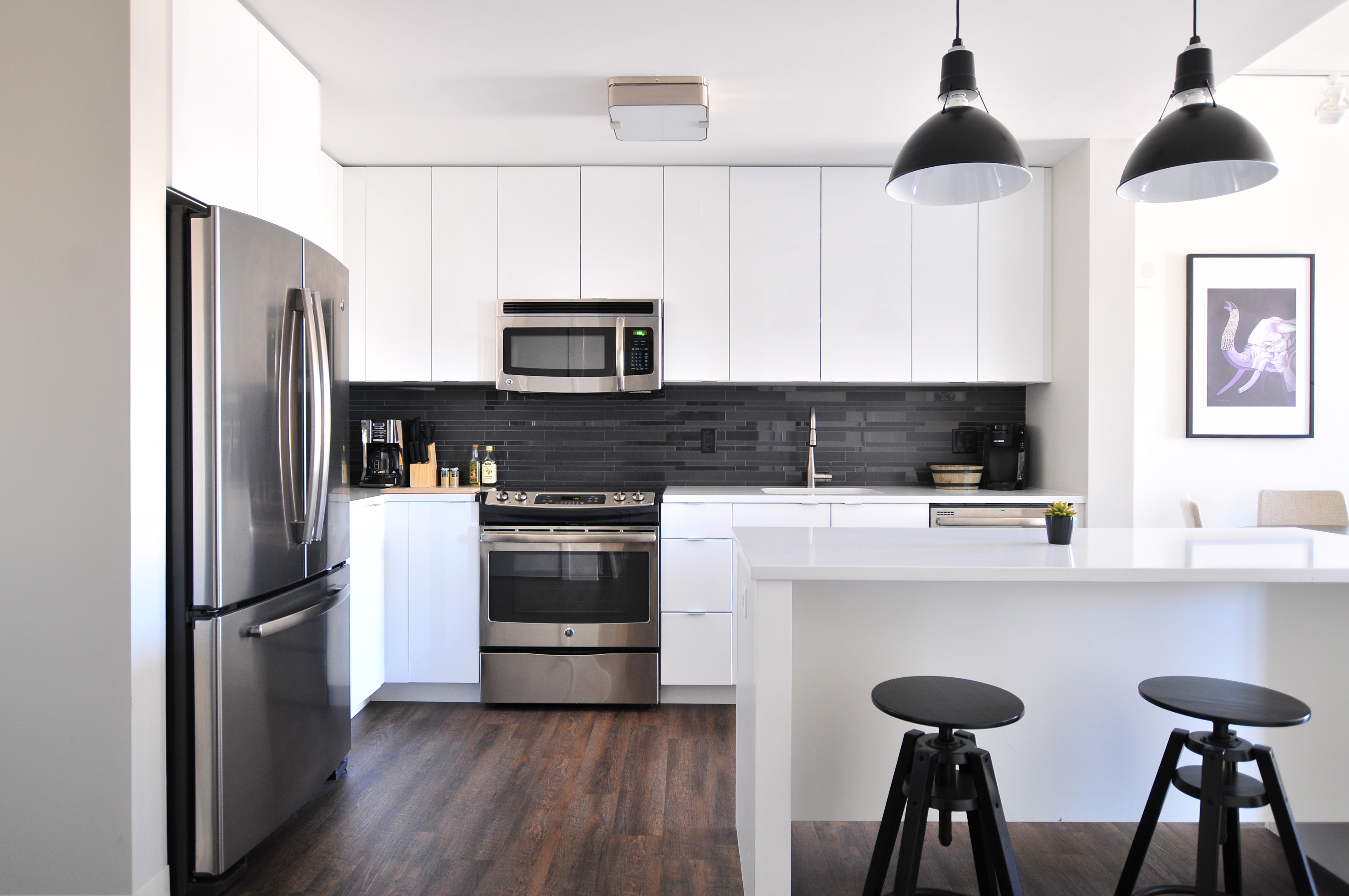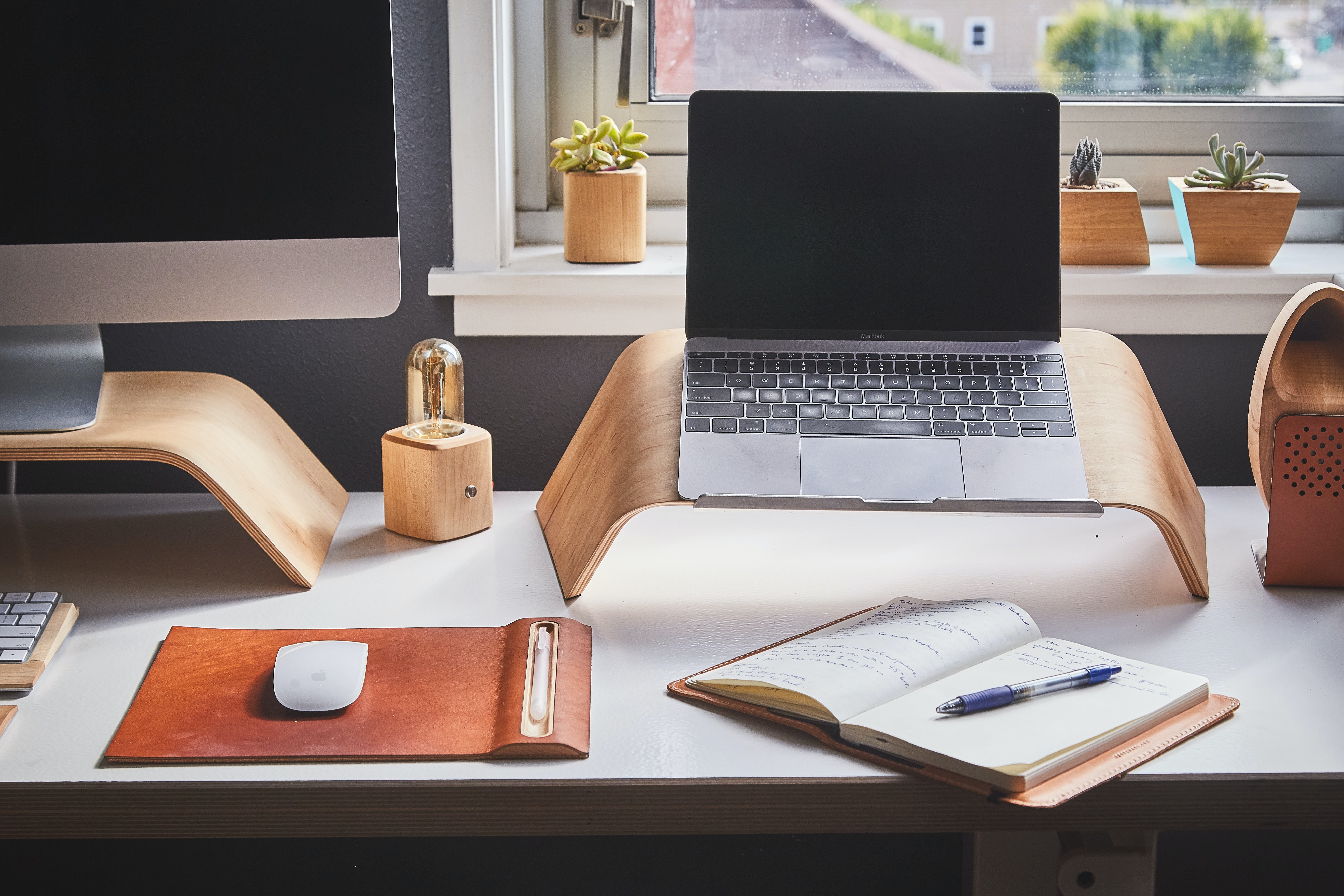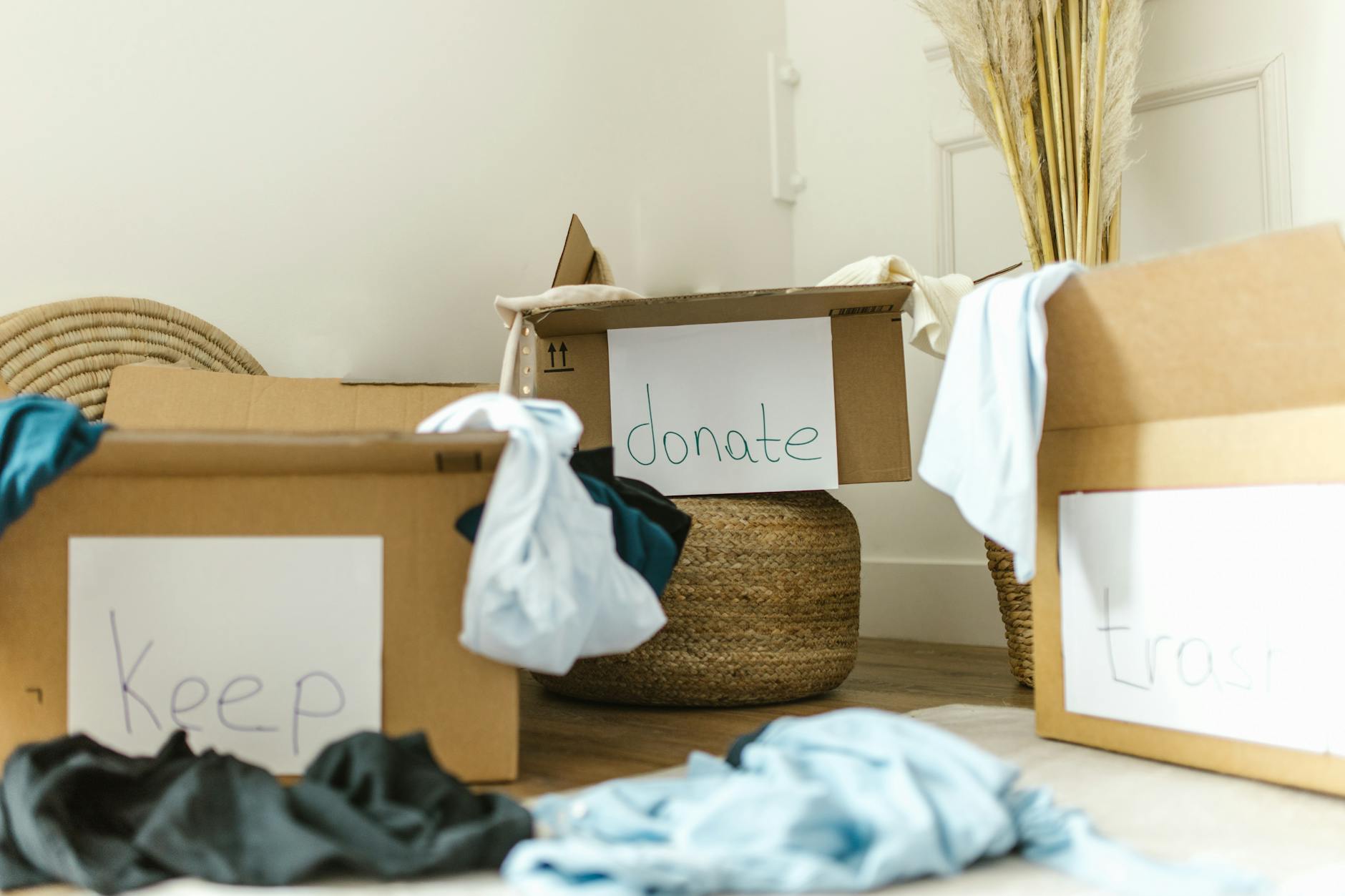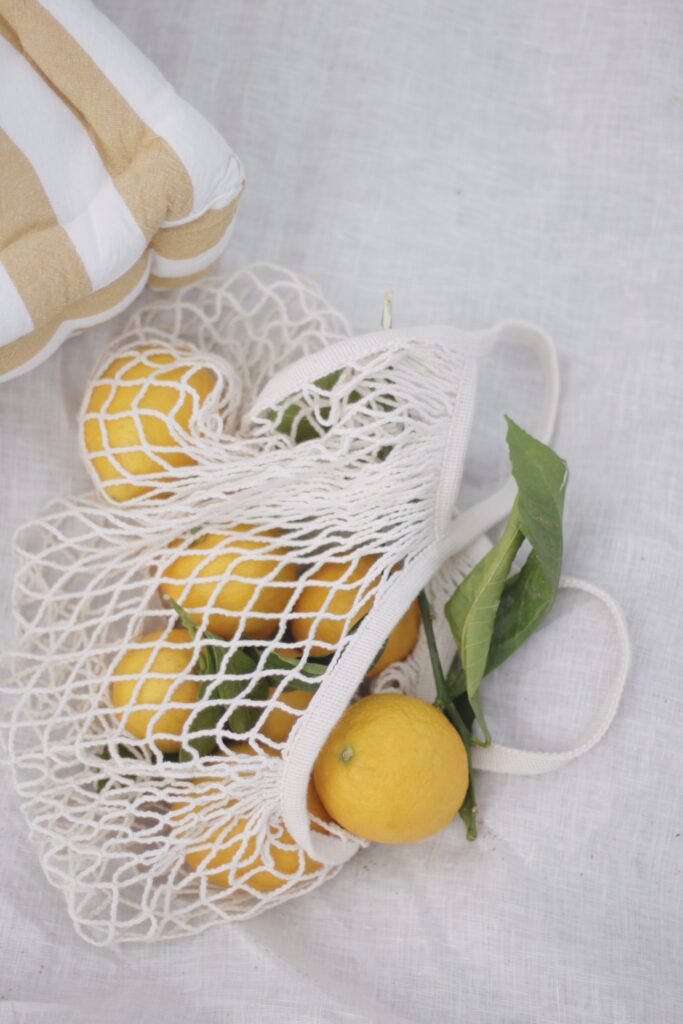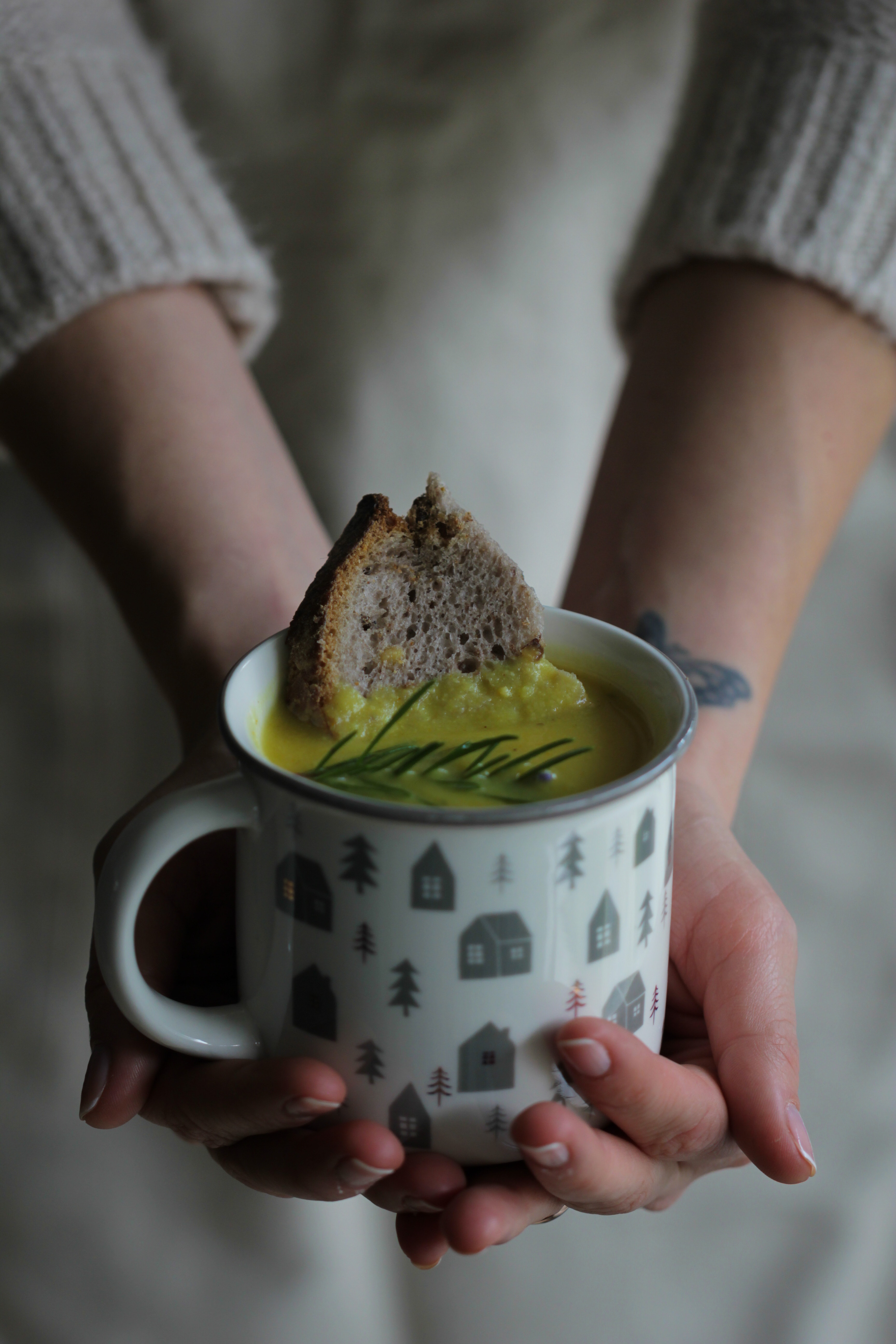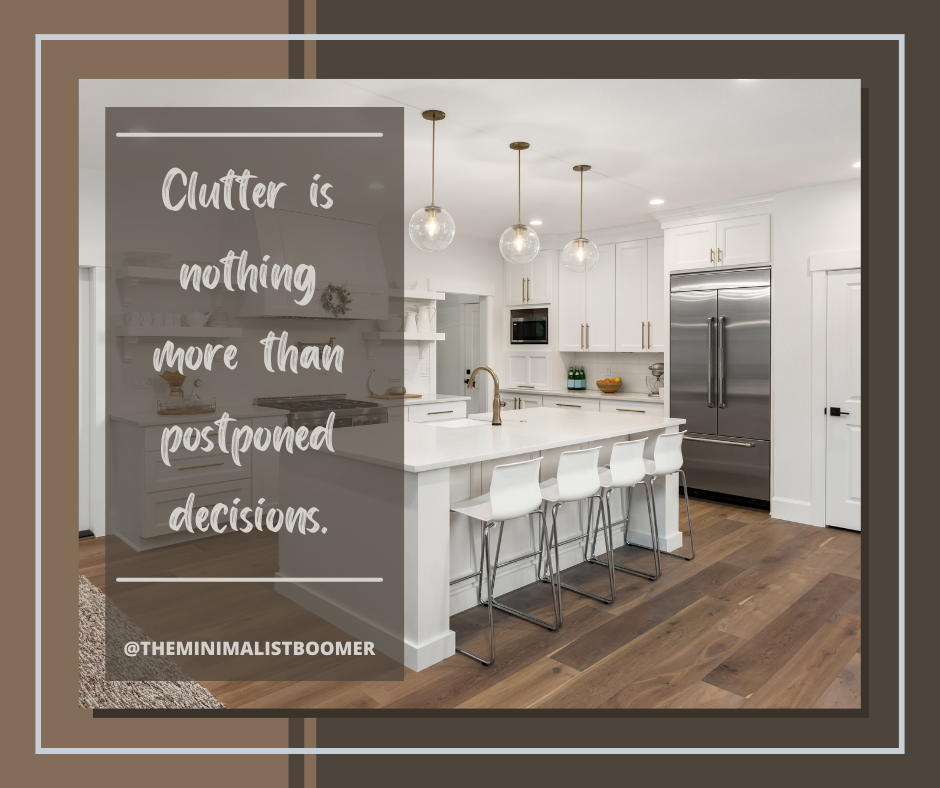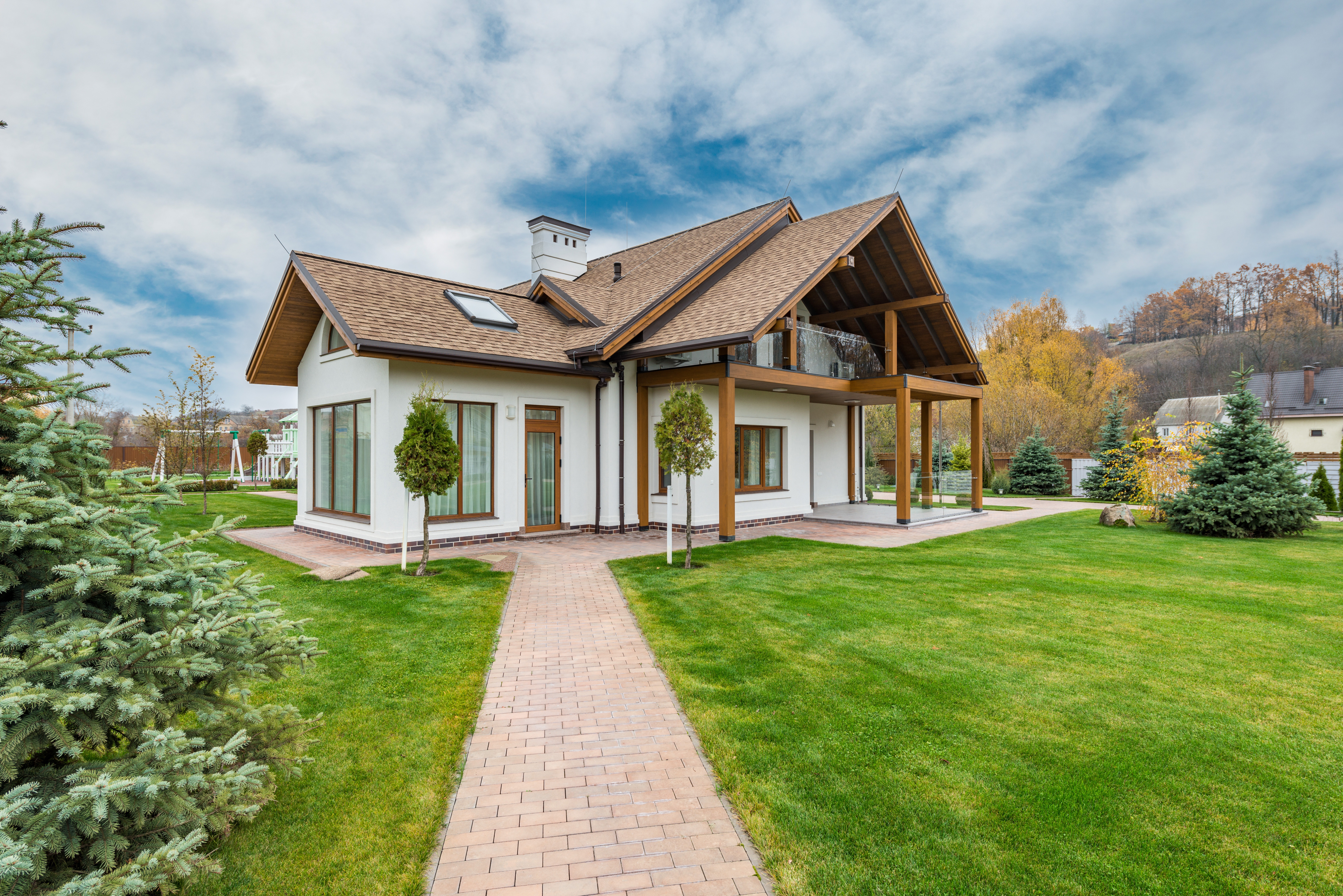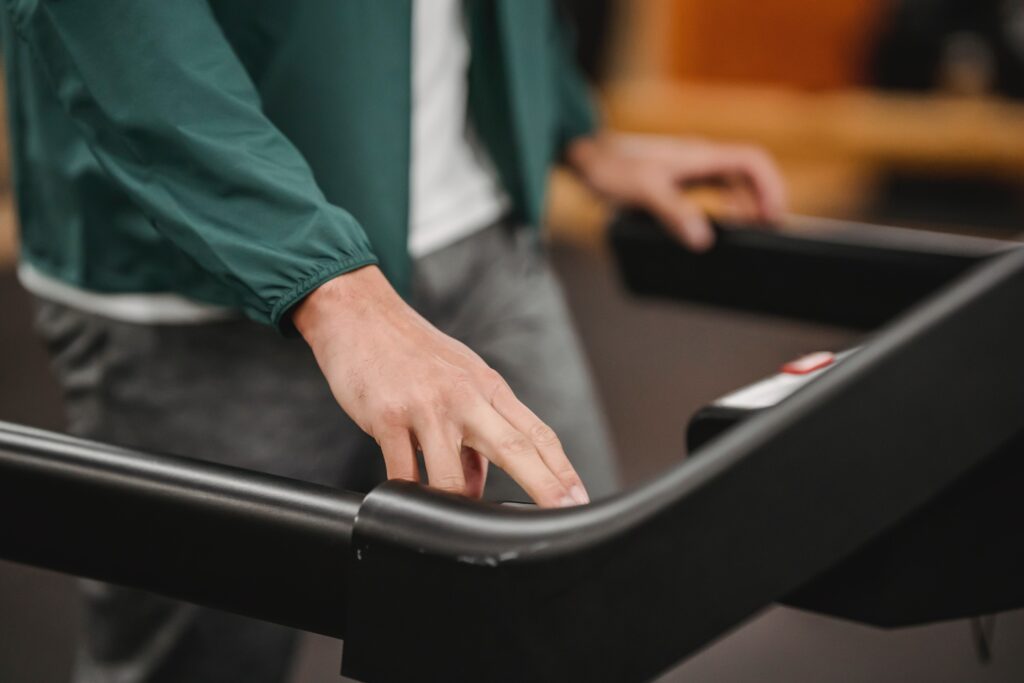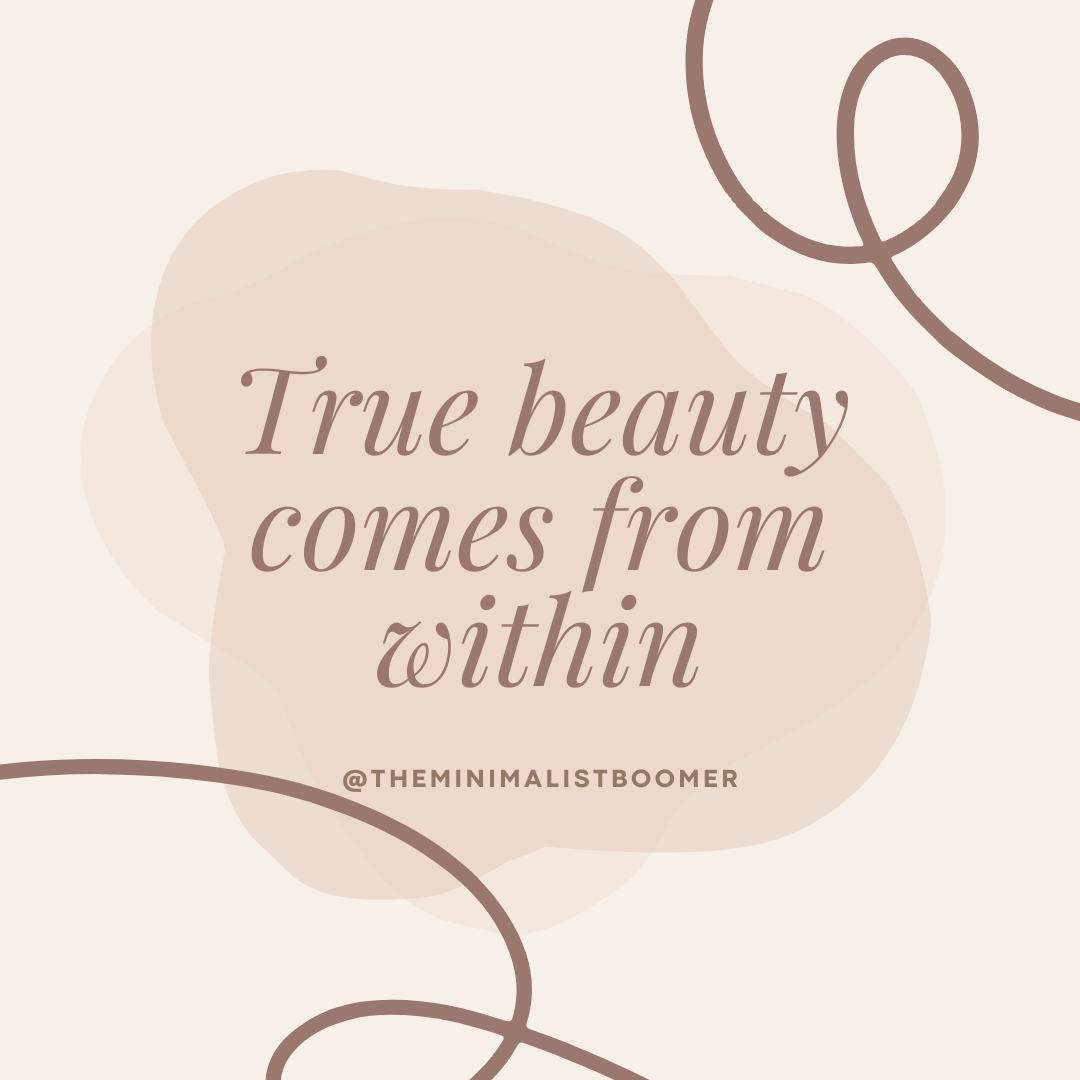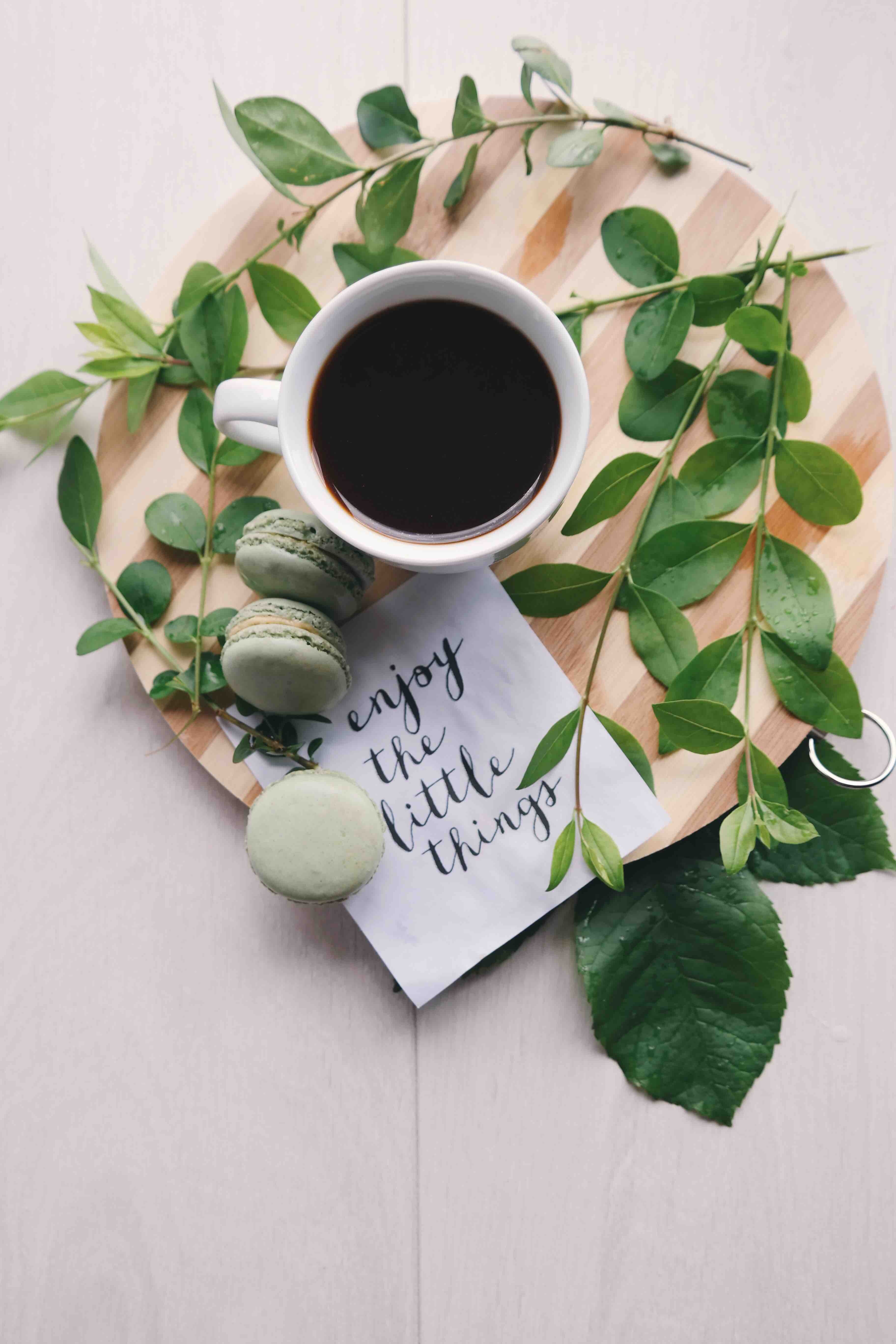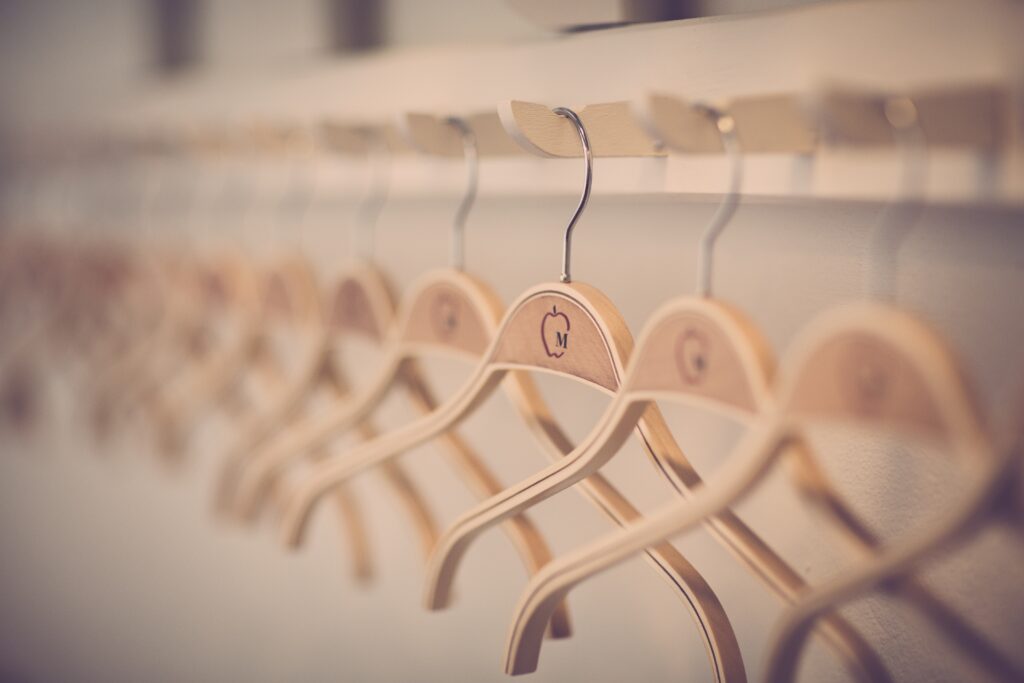Why Do I Still Have This is a question that plagues many people as they clean out their closets, garages, and storage units. It’s easy to accumulate items over time, but letting go can be a challenge. Let’s explore the reasons behind holding onto possessions and provide helpful tips on how to declutter your life. From sentimental attachments to practical considerations, understanding the factors that contribute to keeping items can help you make better decisions about what to keep and what to let go. Are you ready to learn more about the reasons why some items just seem to stick around?
Why Do I Still Have This Stuff I Don’t Use?
Many of us have some clutter in our homes. We tend keep things that we no longer need or use because you just never know when you may need it, right? It can be difficult to let go of things, and there are many reasons why we hold on to them.
Sentimental Value
One of the most common reasons we keep things we don’t use is because of sentimental value. We attach memories and emotions to objects, making it hard to let go of them. For example, we may keep old clothes that no longer fit or have gone out of style because they remind us of a happy time in our lives or, perhaps we may fit back in them one day.
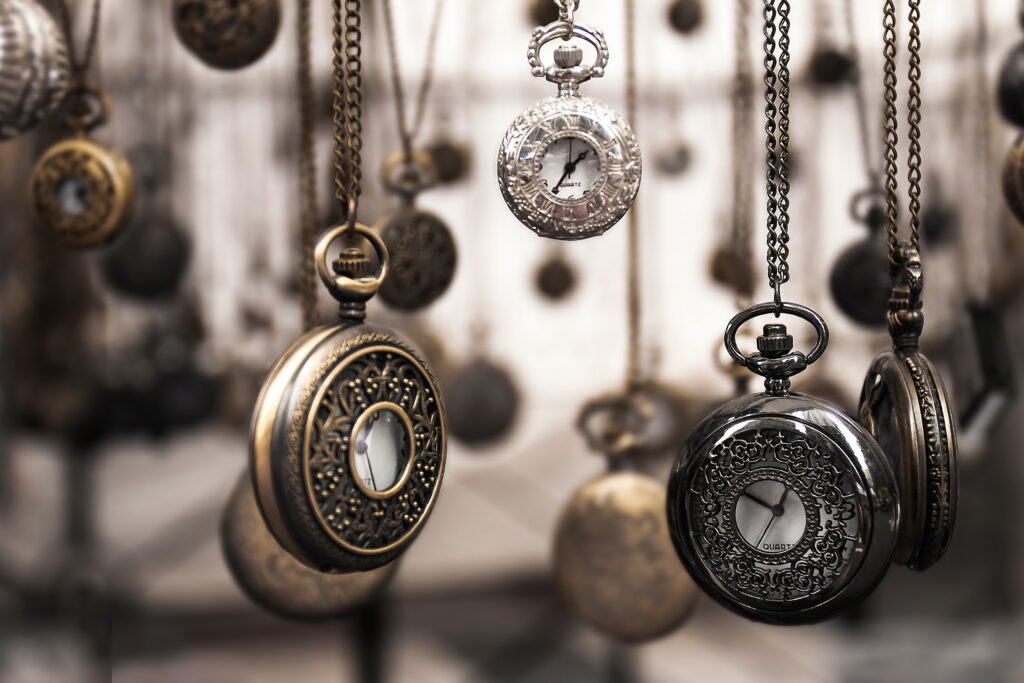
Fear of Losing Something Important
Another reason we keep things is the fear of losing something important. We may keep old paperwork or receipts just in case we need them in the future. However, this fear can lead to a buildup of clutter, making it harder to find the things we need when we actually do need them.
Procrastination
Procrastination is another common reason for holding on to things we don’t use. We may tell ourselves that we’ll get rid of something later, but we never do. This can lead to a buildup of clutter that can be overwhelming and stressful.
Lack of Organizational Skills
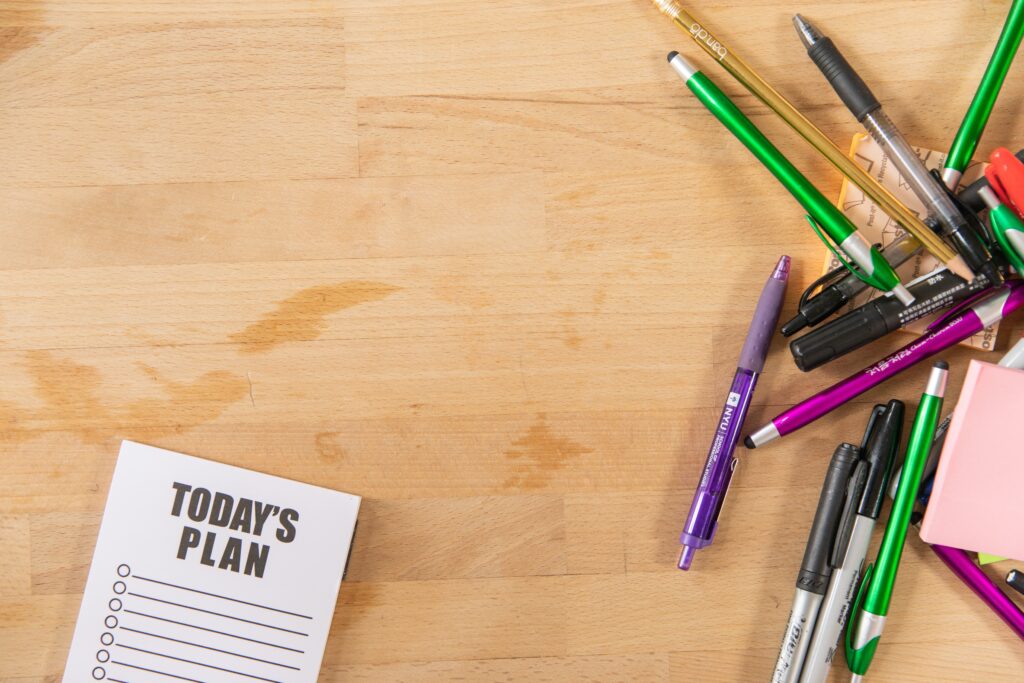
For some people, the problem isn’t that they don’t want to get rid of things, but rather that they don’t know how to organize their belongings. When we don’t have a system for organizing our things, clutter can quickly accumulate.
Lack of Motivation
Finally, there’s the issue of motivation. It can be hard to motivate ourselves to clean and declutter, especially when we have a lot of things to go through. However, taking small steps and setting achievable goals can help us get started.

We all have our own reasons for hanging on to stuff we don’t use or need. By understanding these reasons, we can start to let go of the “stuff” in our lives and create a more organized and stress-free home.
How Does Excess Stuff Affect Your Life?
Having too much stuff can impact your life in many ways. It can lead to mental health issues, physical health issues, and financial issues. Understanding the negative effects of excess stuff can help motivate you to declutter your home and lead a more minimalist lifestyle.
Mental Health Issues
“Clutter is not just physical stuff. It’s old ideas, toxic relationships, and bad habits.” -Eleanor Brown
Cluttered, disorganized living spaces can cause stress, anxiety, and feelings of being overwhelmed. A messy environment can make it difficult to focus and can lead to procrastination and depression. It can also cause feelings of guilt or shame, as you may feel like you should be able to keep your space clean and organized.
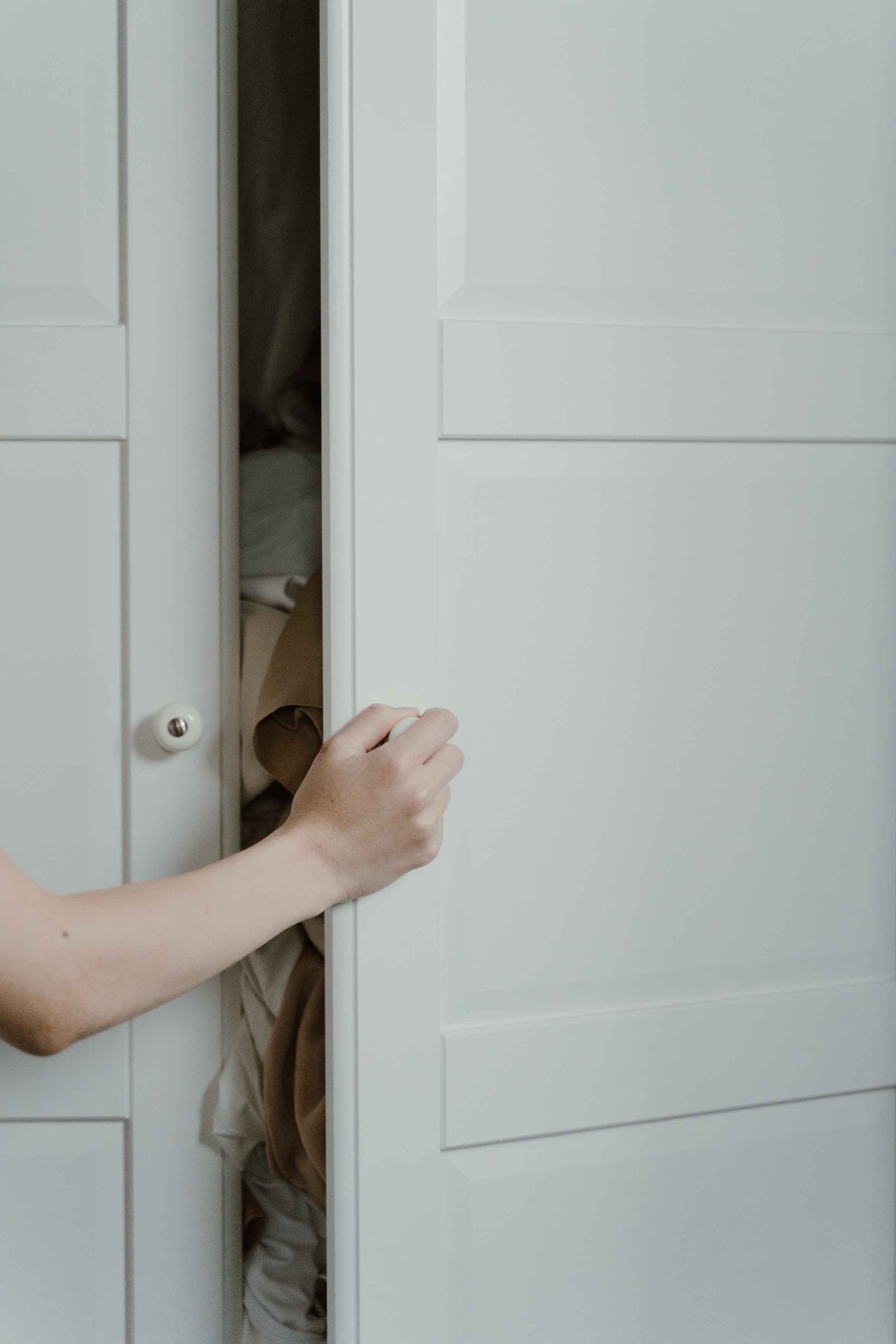
By decluttering your living space, you can create a more peaceful and relaxing environment. This can help reduce feelings of stress and anxiety, improve your mood, and increase your productivity.
Physical Health Issues
Having too much stuff can also impact your physical health. Cluttered living spaces can lead to trip hazards, slips and falls, and injuries. Excessive clutter can also contribute to poor indoor air quality, as dust and other allergens can accumulate in piles of stuff.
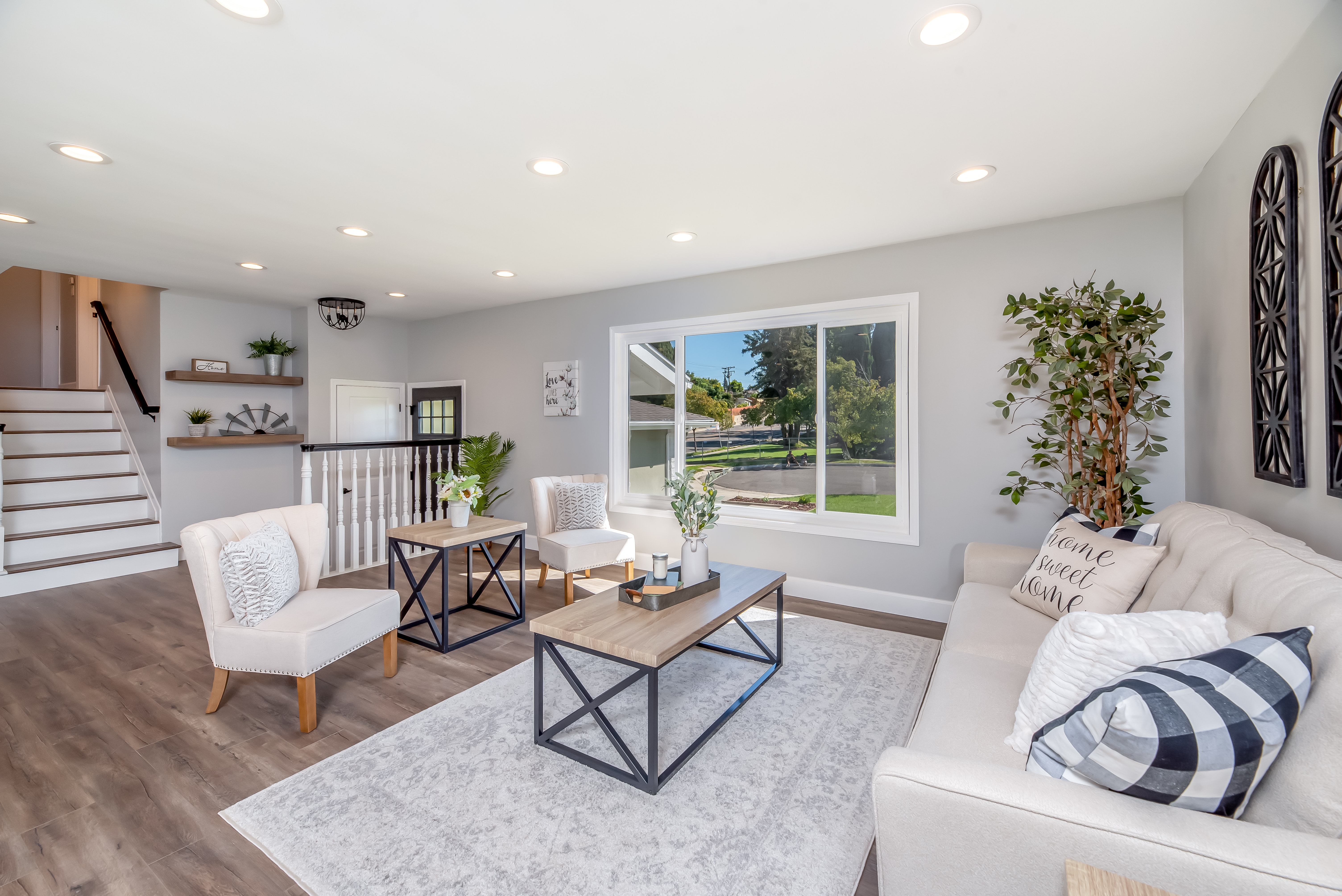
By decluttering your home, you can create a safer and healthier living space. You’ll have more room to move around and reduce the risk of tripping and falling. You’ll also improve your indoor air quality and reduce the risk of respiratory issues.
Financial Issues
Buying and accumulating too much stuff can impact your finances. If you are tempted to overspend on things you don’t need, it can create stress and cause you to struggle to save money.
By decluttering your home and living a more minimalist lifestyle, you can save money and reduce financial stress. You’ll be less tempted to buy things you don’t need, and you’ll have more money to put toward your savings.
“Too many people spend money they haven’t earned to buy things they don’t want to impress people they don’t like.” — Will Rogers
Excess stuff that you know you don’t want or need can impact your life in many ways. By decluttering your home and living a more minimalist lifestyle, you can improve your mental health, physical health, and financial well-being.
How to Get Rid of Clutter
Clutter is one of the biggest sources of stress in our lives. It can be overwhelming and make us feel like we have no control over our environment. If you’re tired of living with too much stuff and want to regain control, give this a try.
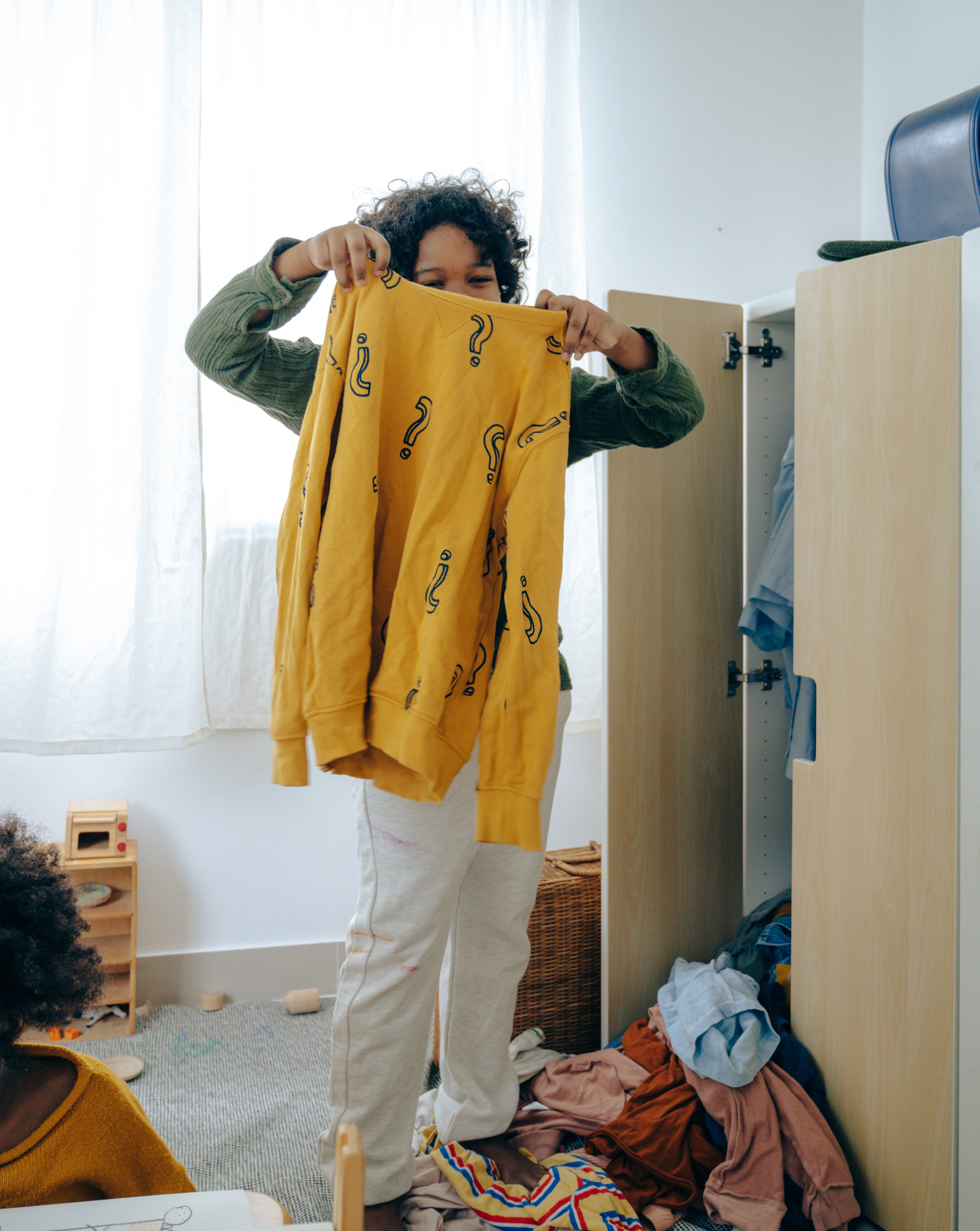
Start Small
One of the biggest mistakes people make when trying to declutter their homes is trying to tackle everything at once. This approach can be overwhelming and lead to discouragement. Instead, start small. Choose one area of your home to focus on, like a single drawer or shelf, and work on decluttering that space until it’s completely organized before moving on to the next area.
Sort and Categorize
Once you’ve chosen an area to focus on, the next step is to sort and categorize everything in that space. Start by pulling everything out of the drawer or off the shelf and sorting it into piles based on its purpose. For example, you might have a pile for office supplies, a pile for paperwork, and a pile for miscellaneous items. This step will help you see exactly what you’re dealing with and make it easier to decide what to keep.
Keep, Donate, or Discard
Now that you’ve sorted everything into piles, it’s time to decide what to keep, donate, or discard. When making these decisions, it’s important to be honest with yourself about what you really need and use. If you haven’t used something in over a year, it’s probably safe to get rid of it. Once you’ve made your decisions, put the items you’re keeping back in their designated spots and get rid of the items you’re donating or discarding.
Find a System That Works for You
The key to maintaining a clutter-free home is finding a system that works for you. This might involve using storage containers, labeling everything, or adopting a minimalist mindset. Experiment with different systems until you find the one that feels most natural and sustainable for you.
Remember, getting rid of too much stuff is a process, not a one-time event. It takes time and effort to create a clutter-free home, but the benefits are well worth it. By following these tips and adopting a mindful approach to your possessions, you can regain control over your environment and reduce stress in your life.

So, the question “Why do I still have this?” can be answered in various ways. It could be due to sentimental attachment, fear of letting go, or simply not knowing how to get rid of it. Holding onto things that no longer serve a purpose can create clutter and restrict personal growth. It’s essential to evaluate the usefulness of items regularly and let go of those that no longer add value to our lives.
Decluttering can be a liberating experience that reduces stress and increases productivity. So, take a deep breath and start the process of letting go. You’ll be amazed at how much lighter and happier you’ll feel when you surround yourself with things that really matter.

